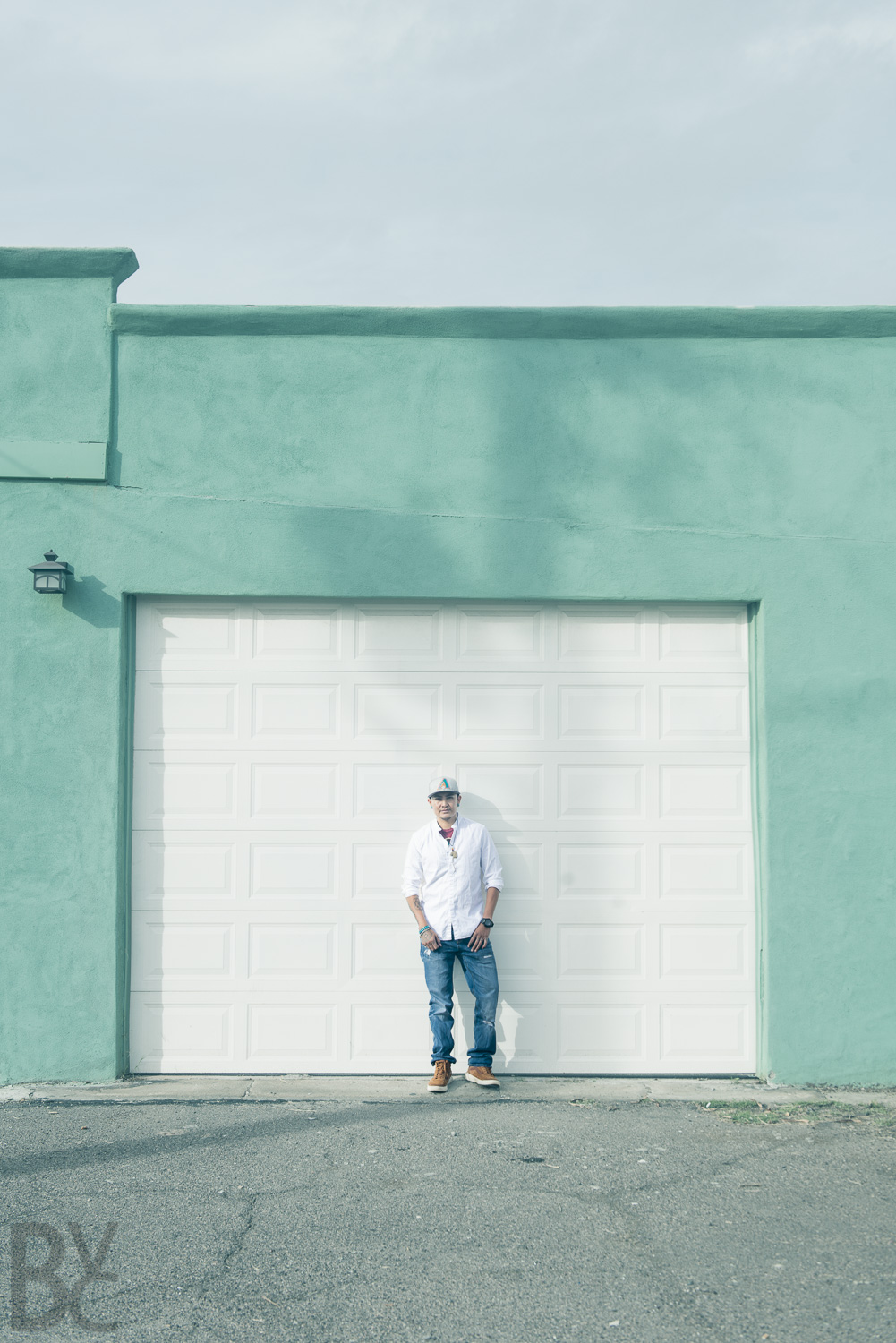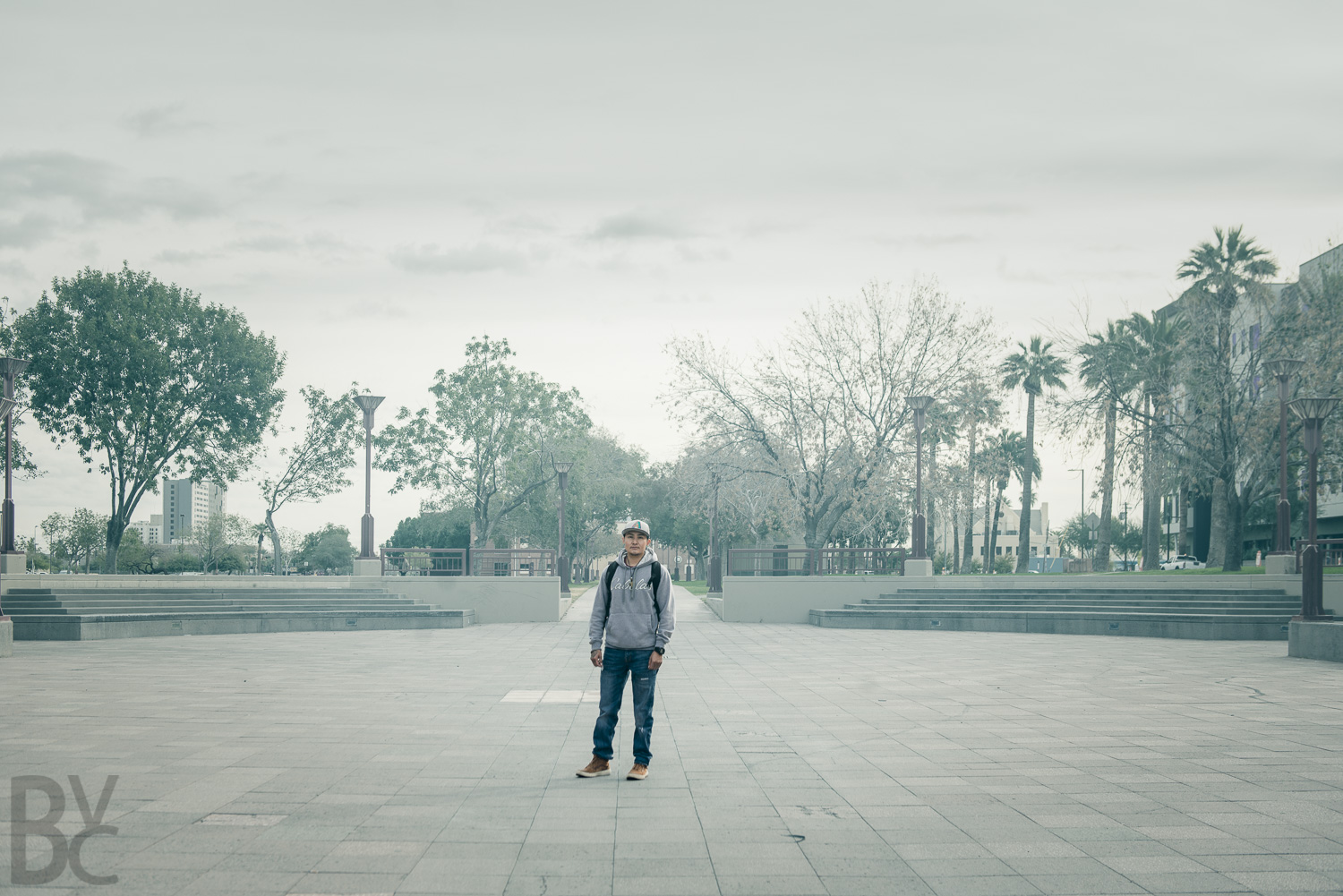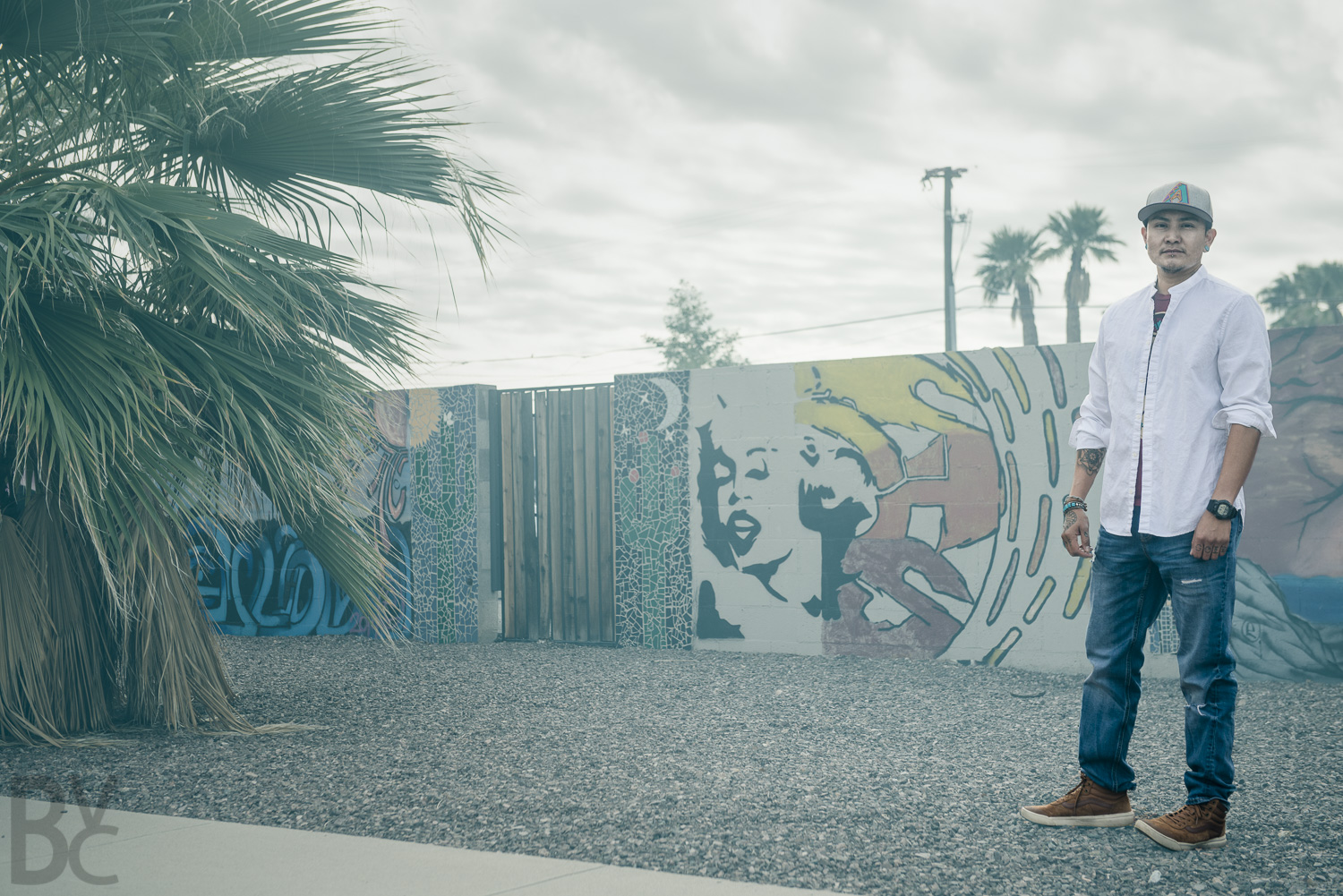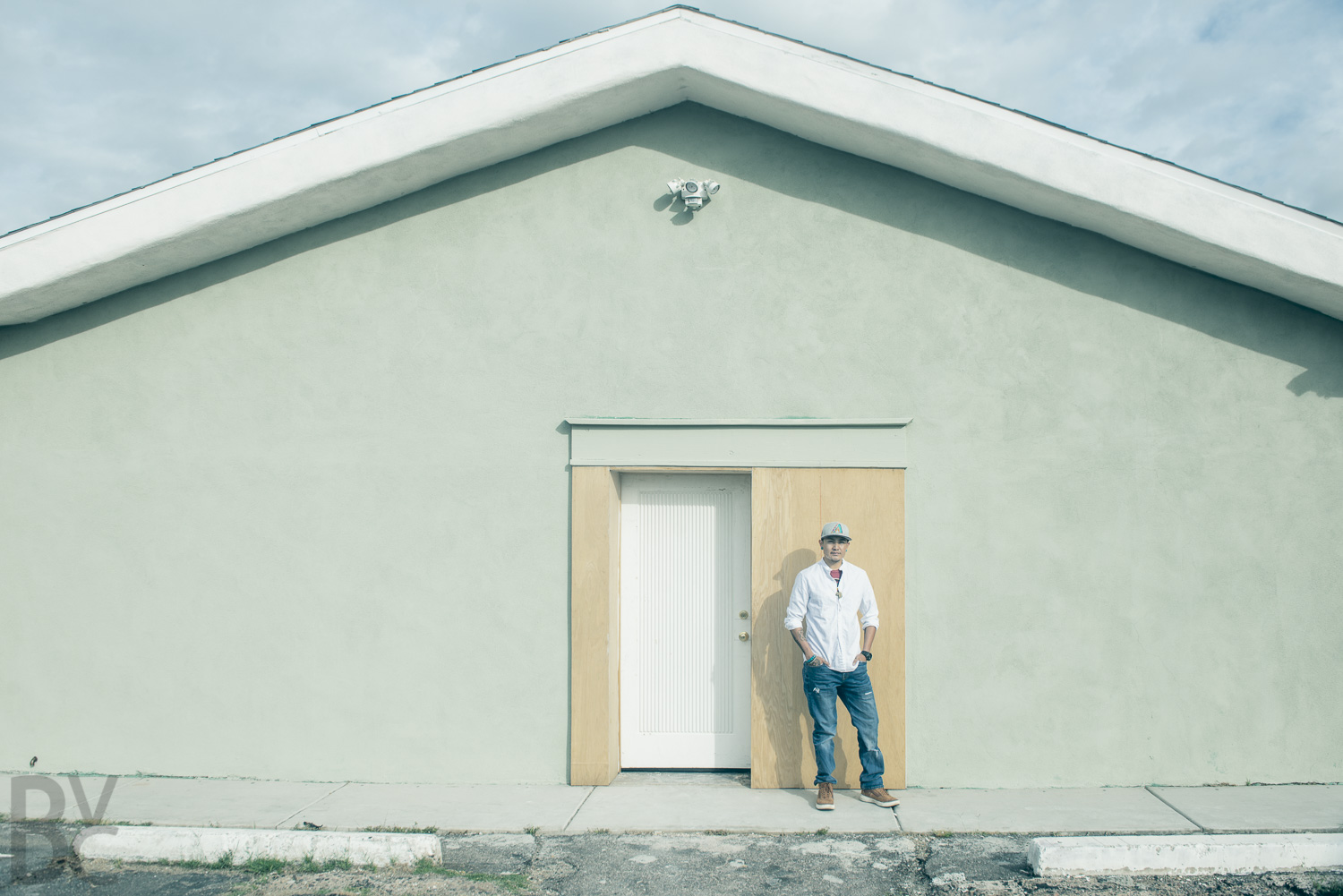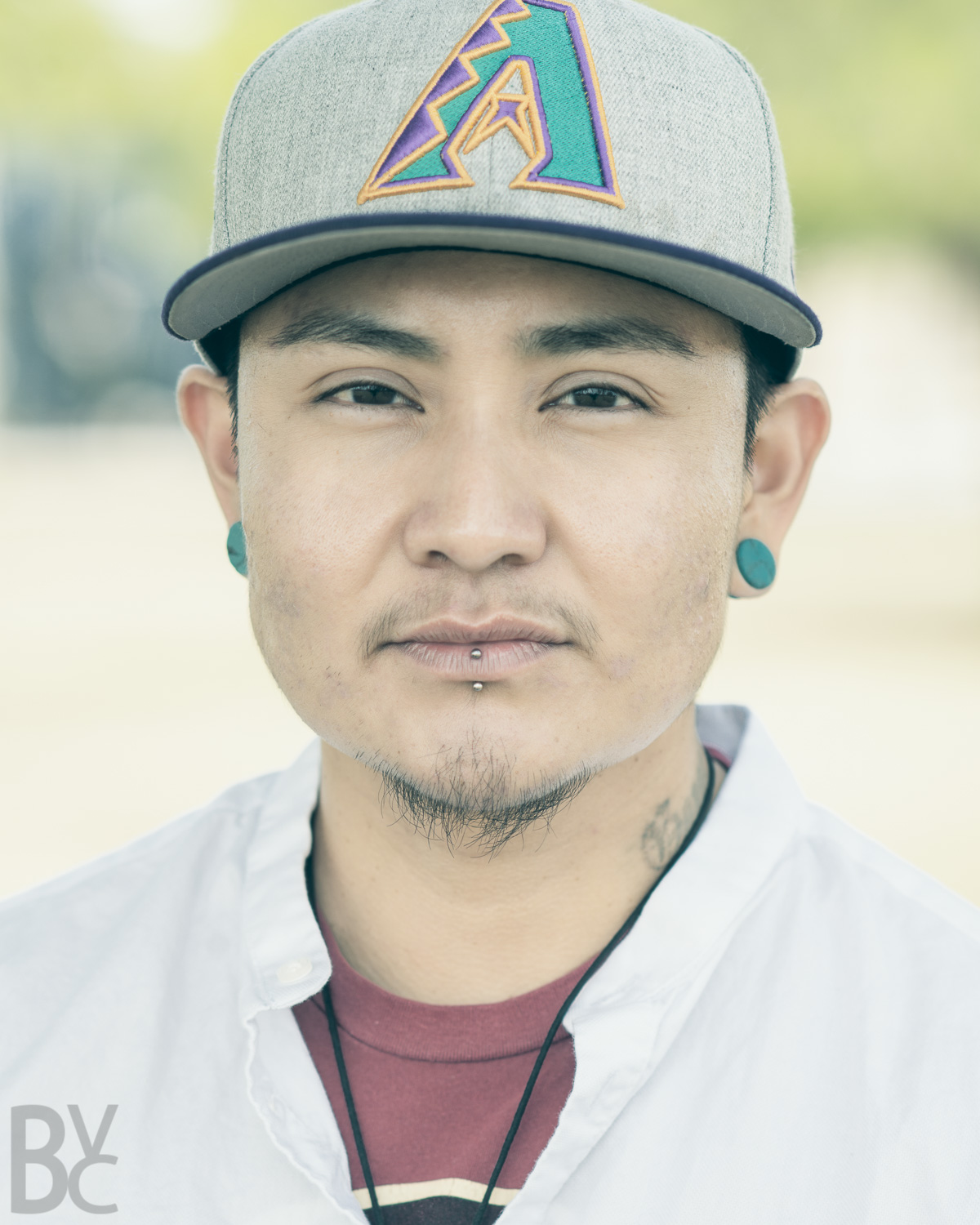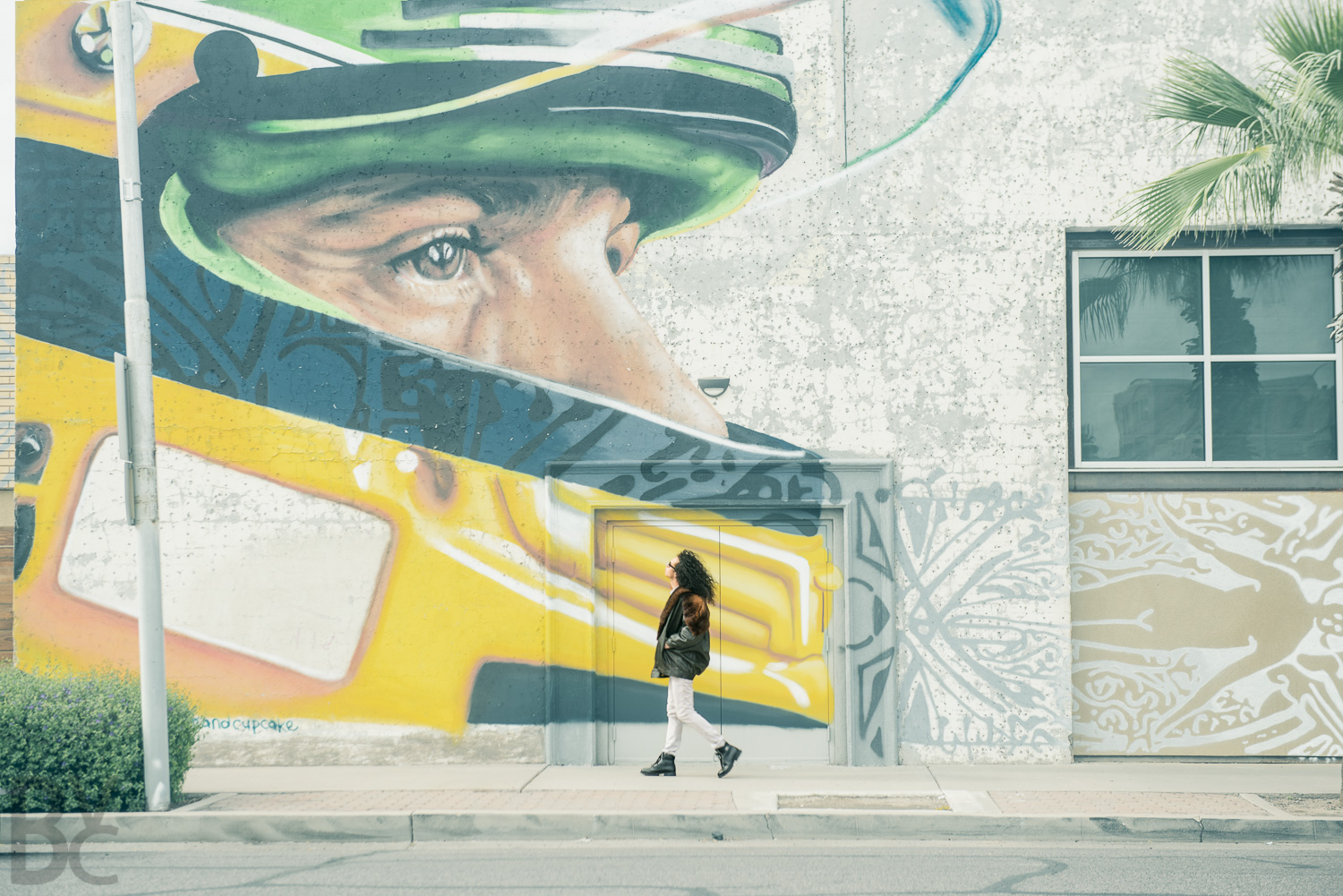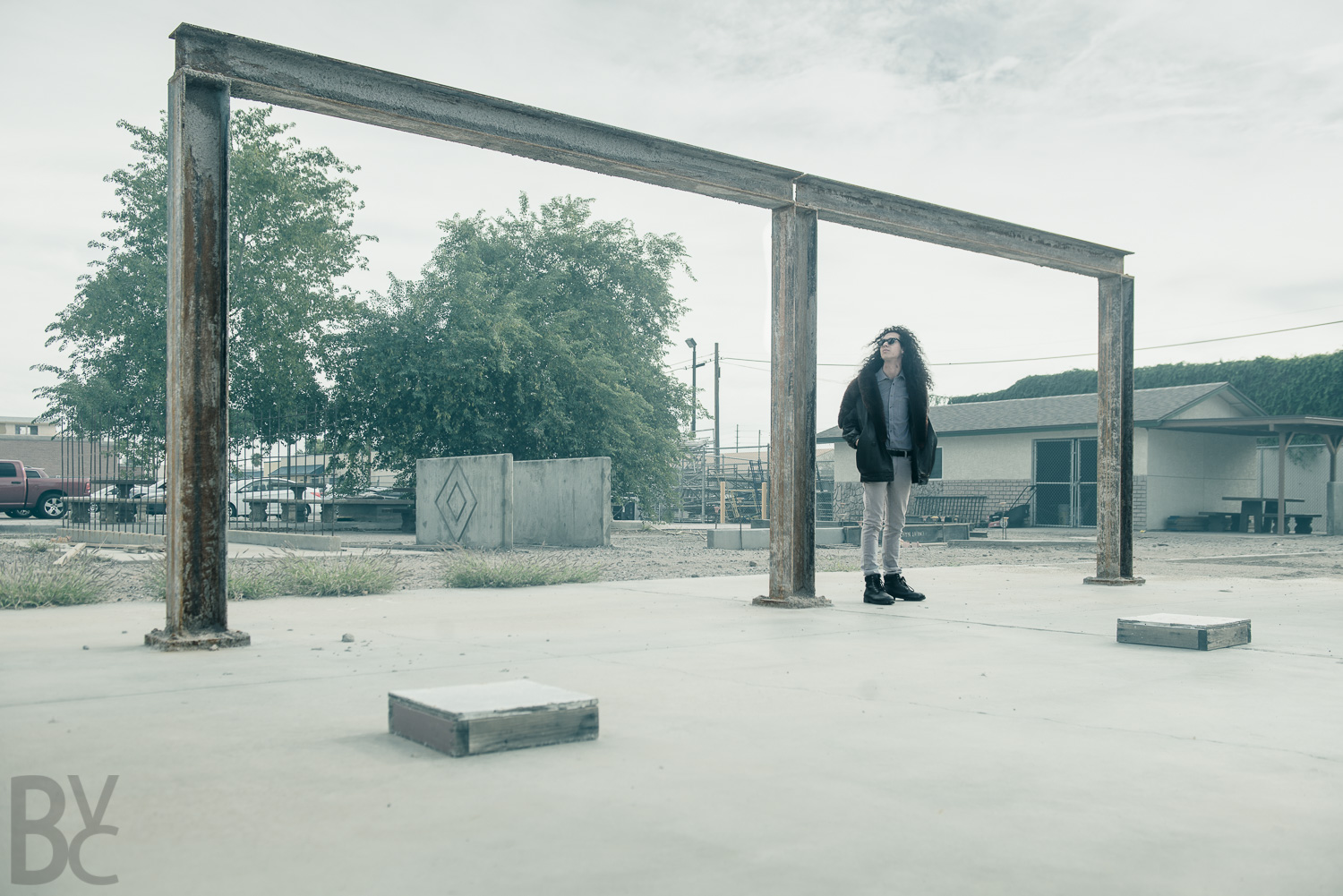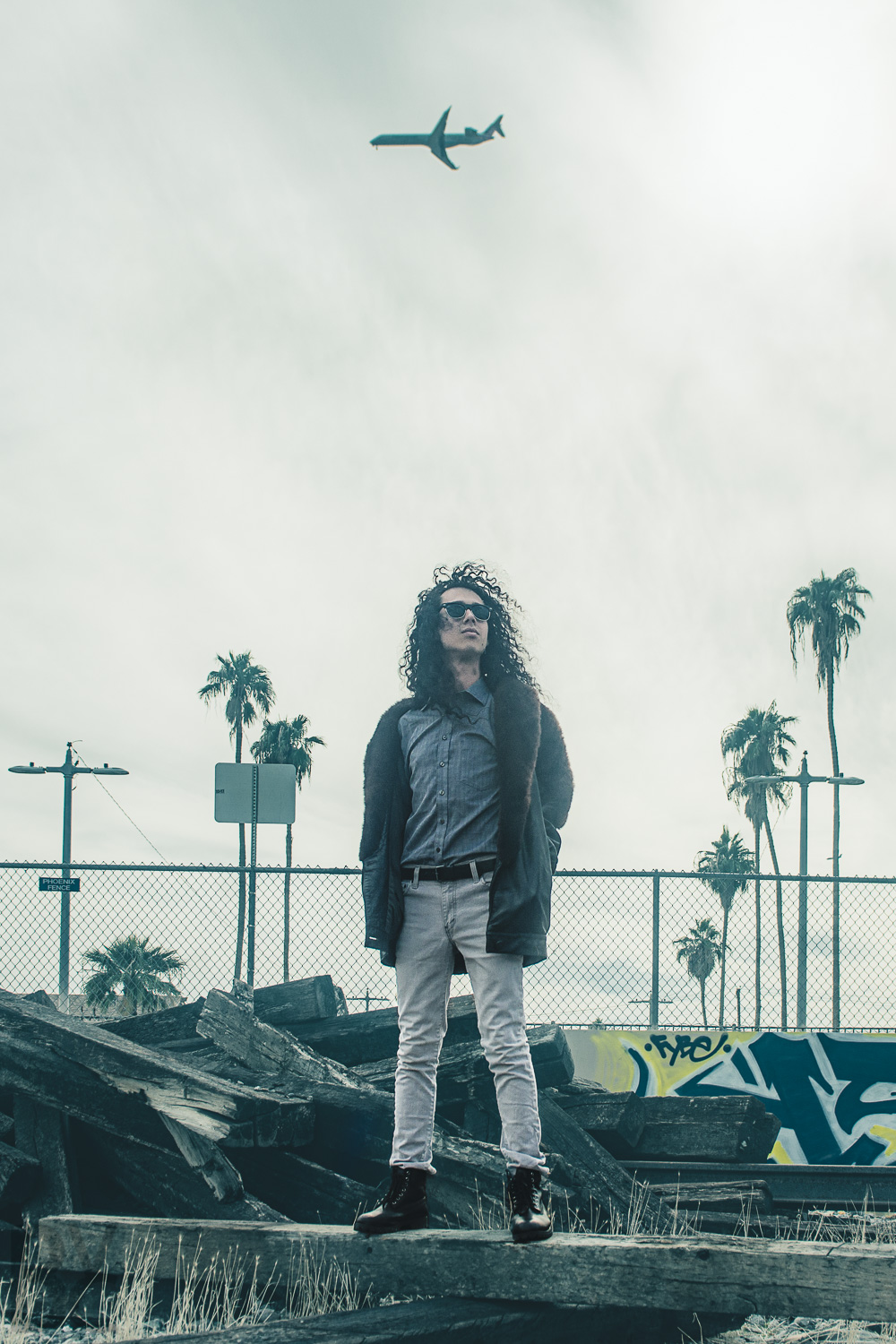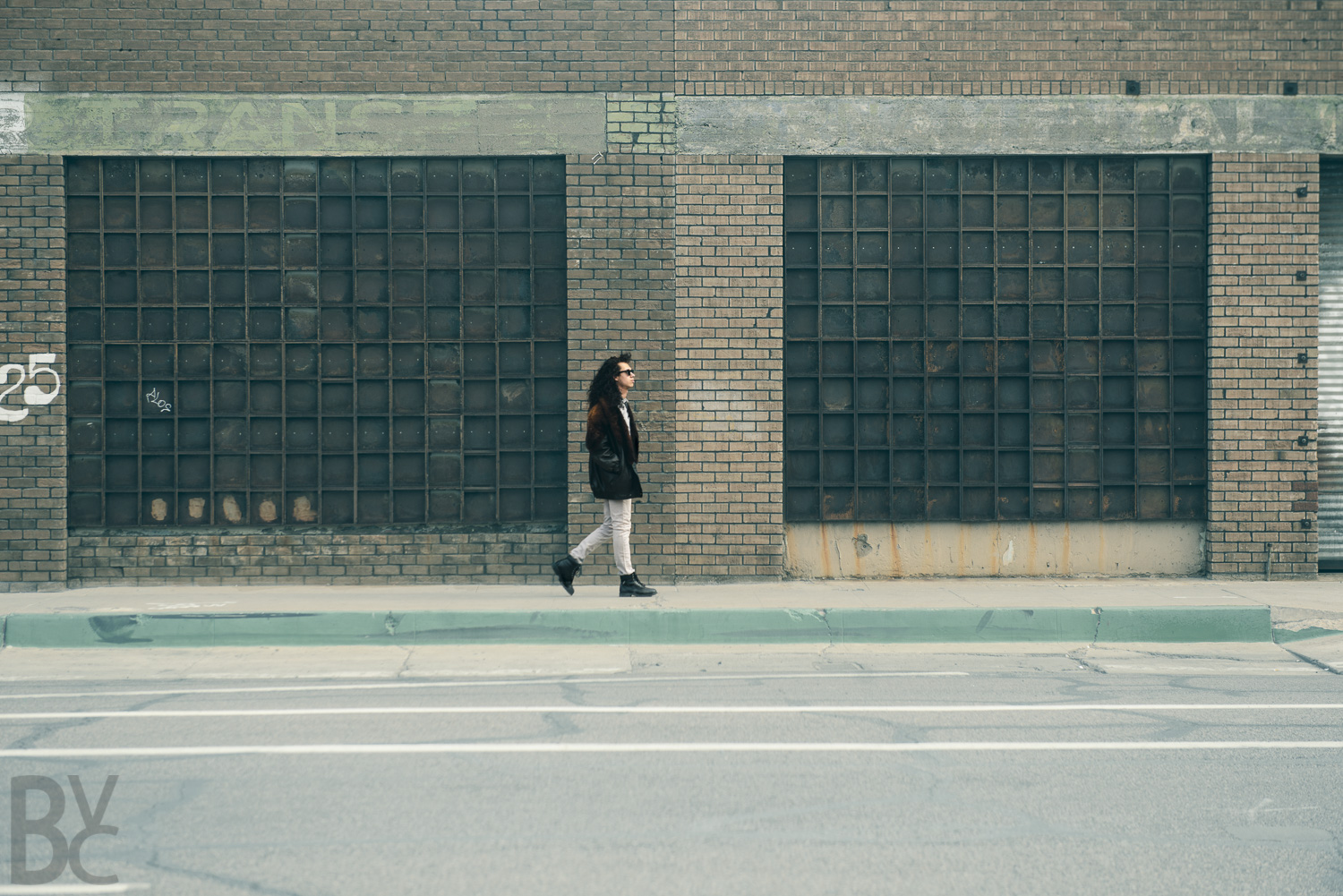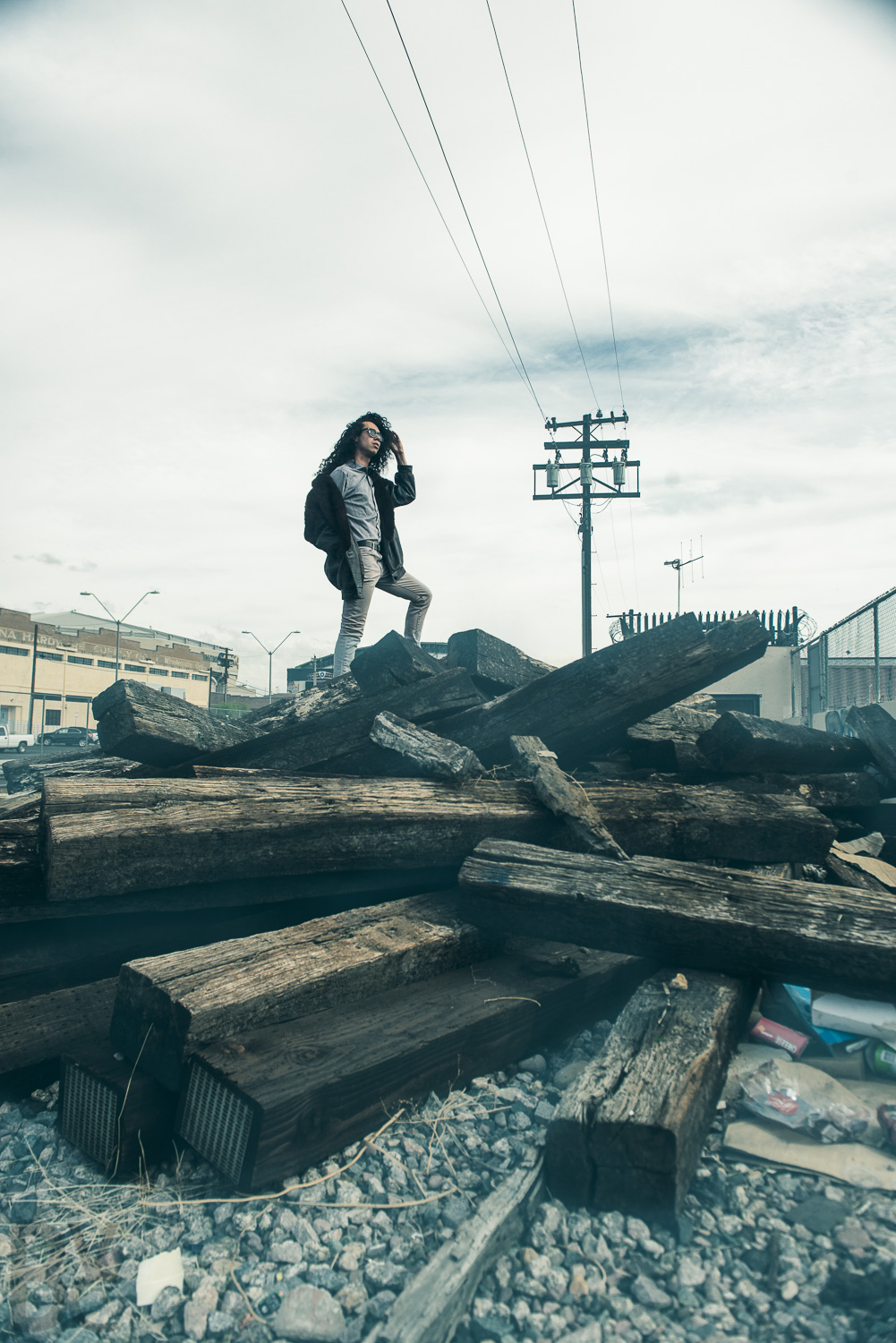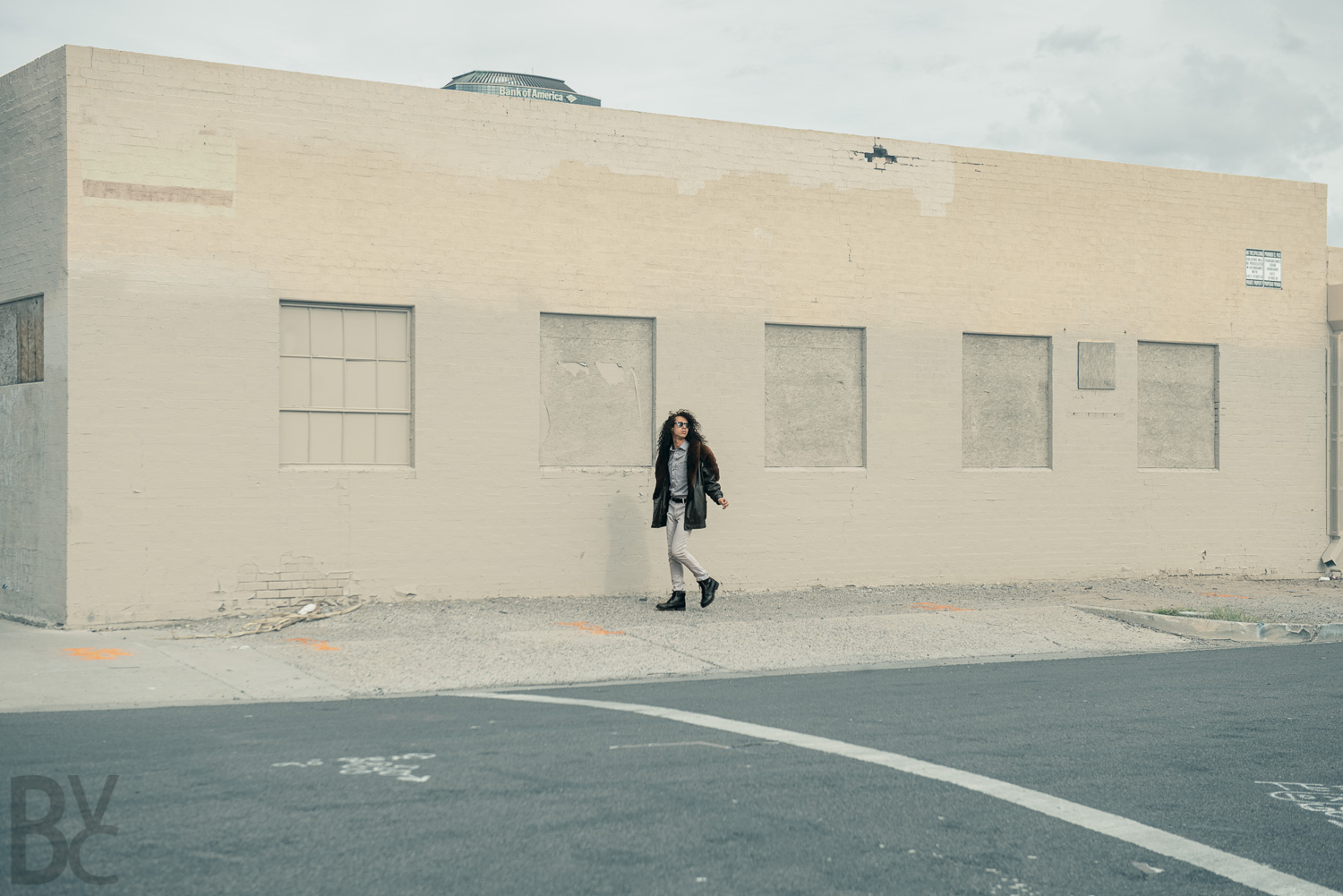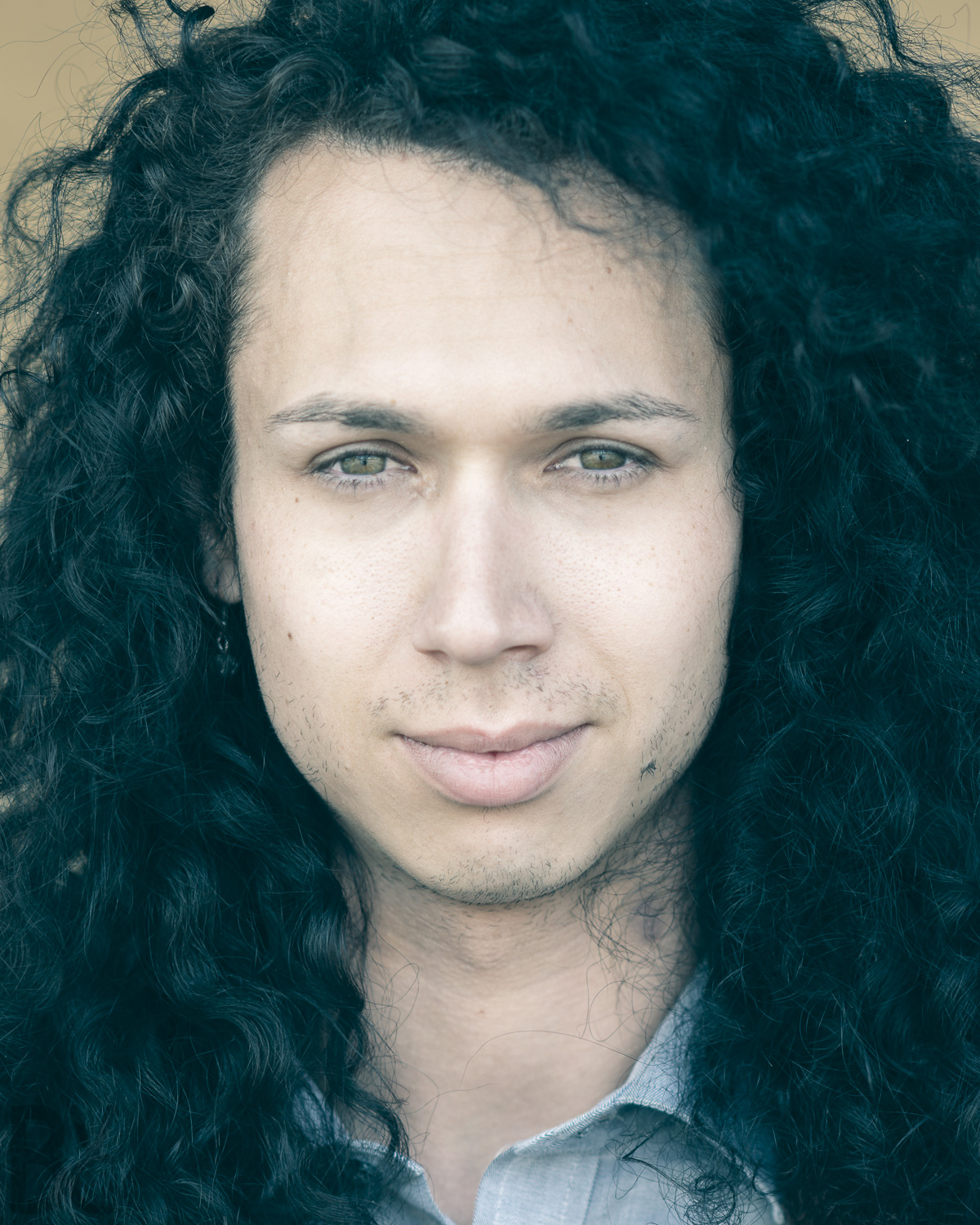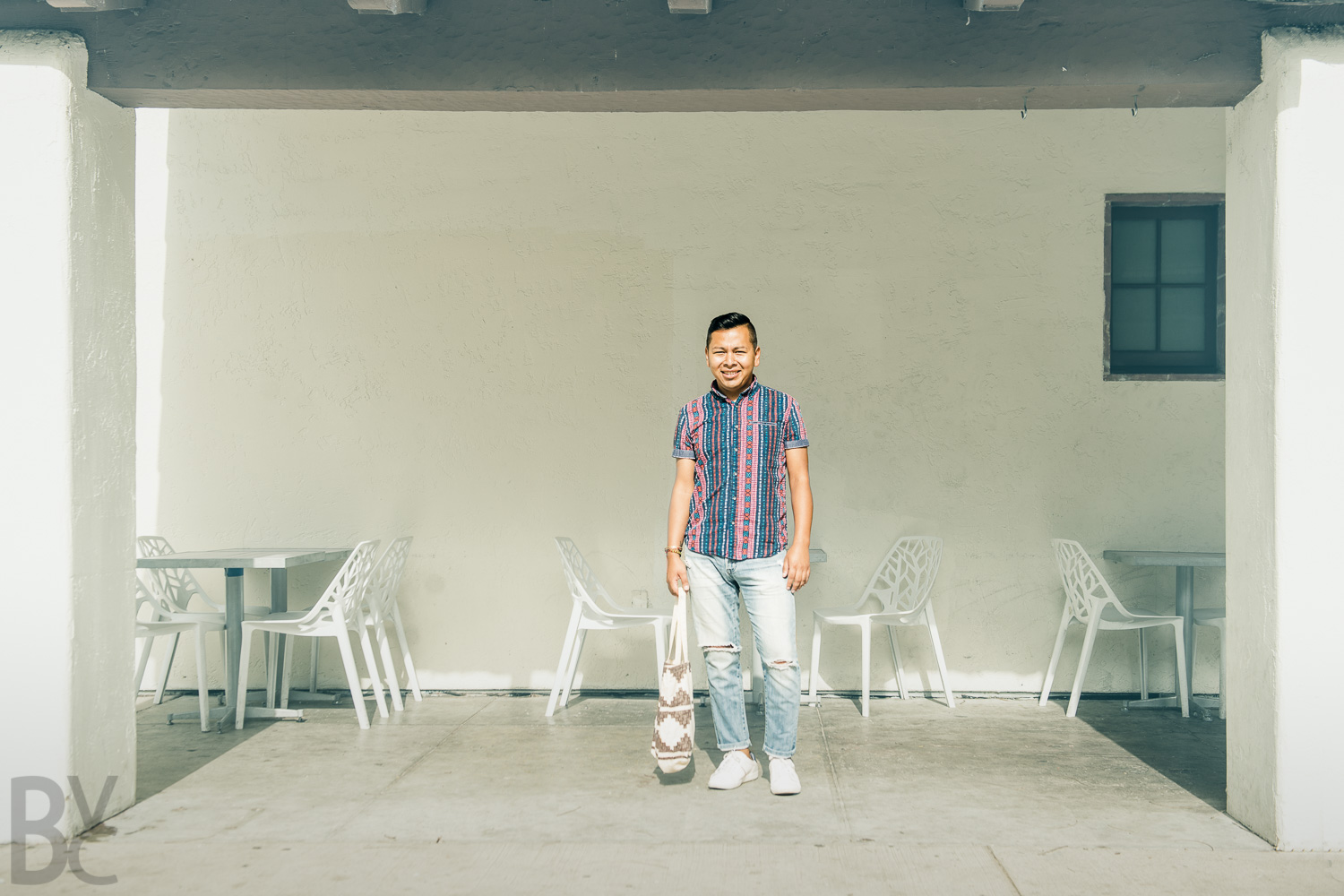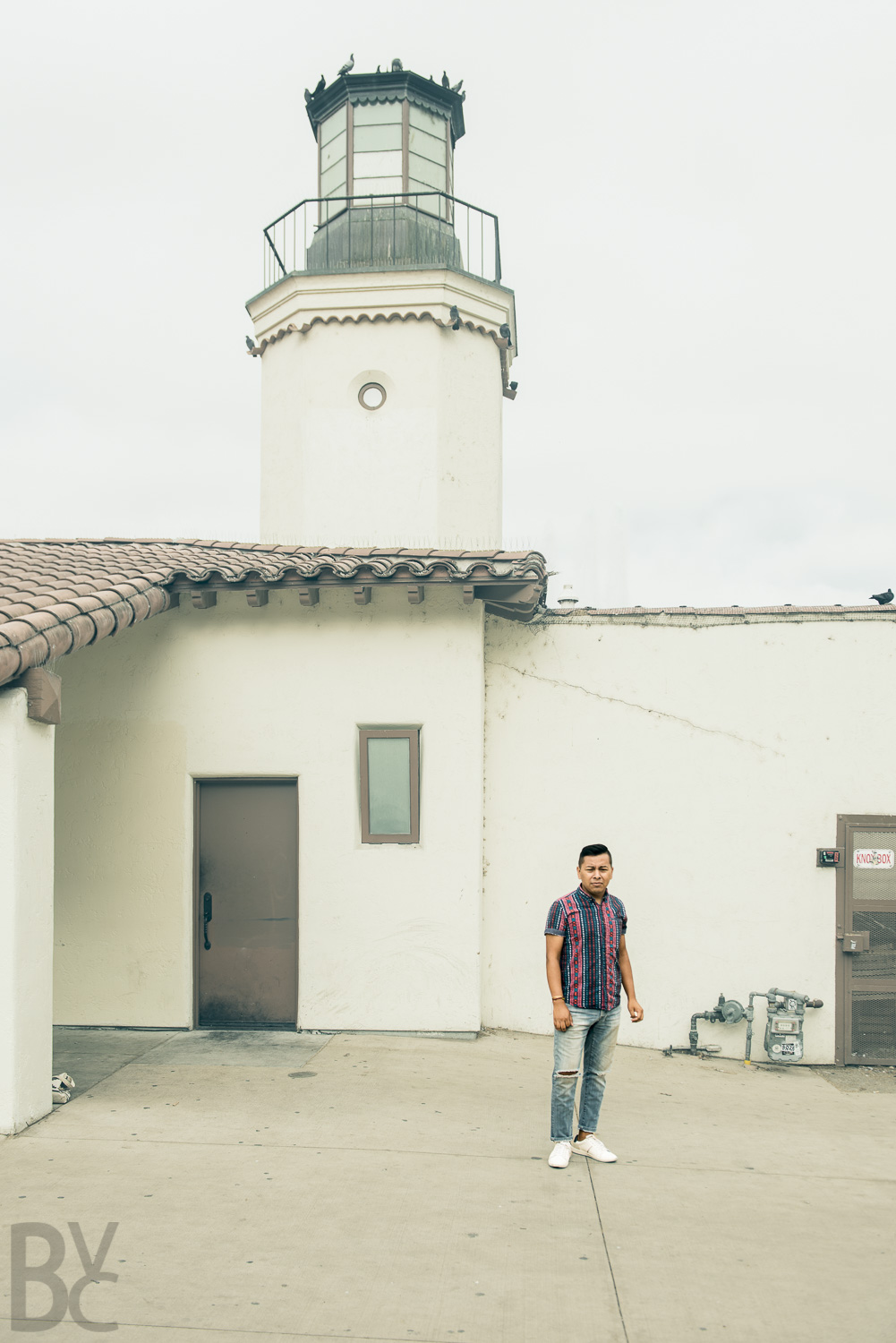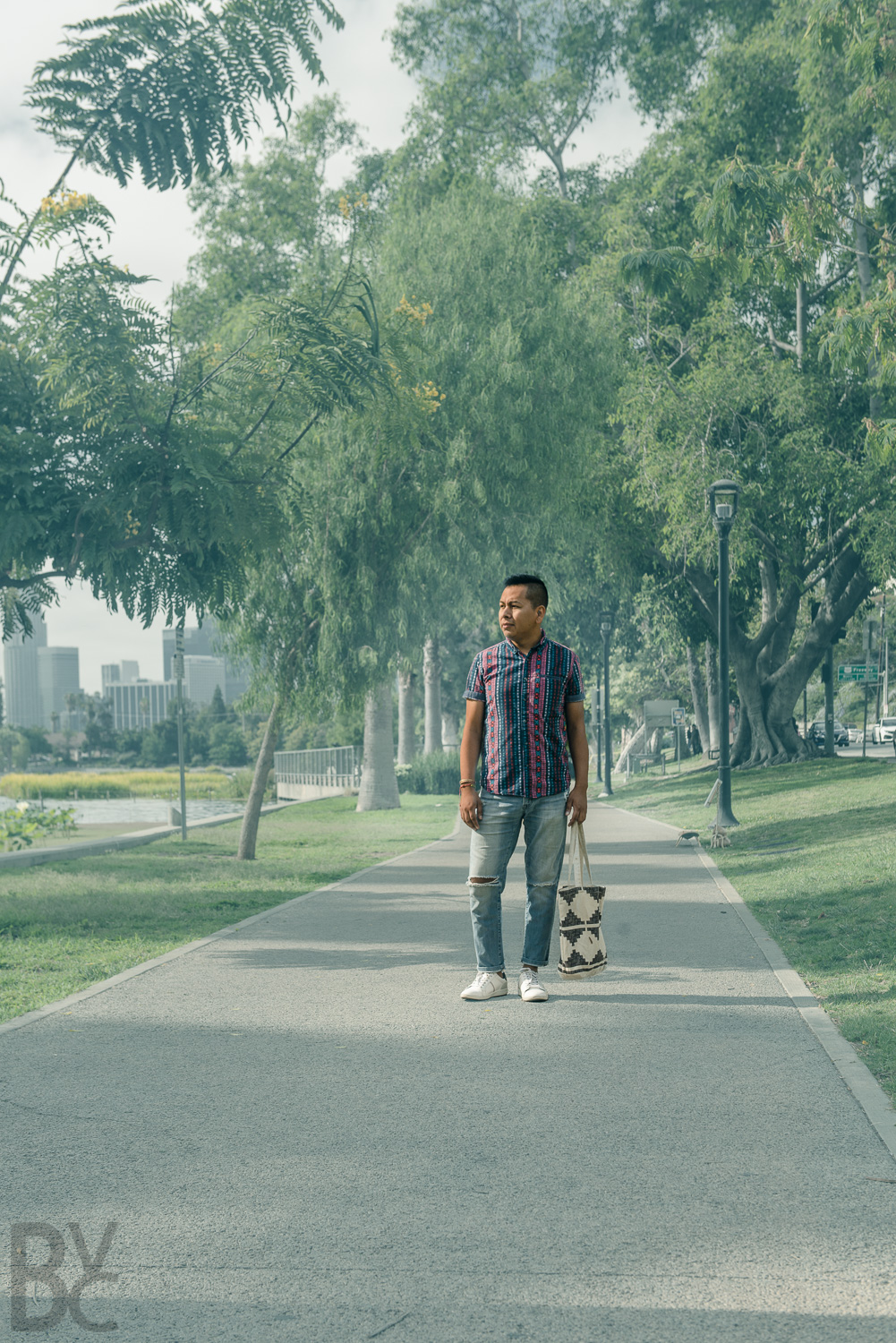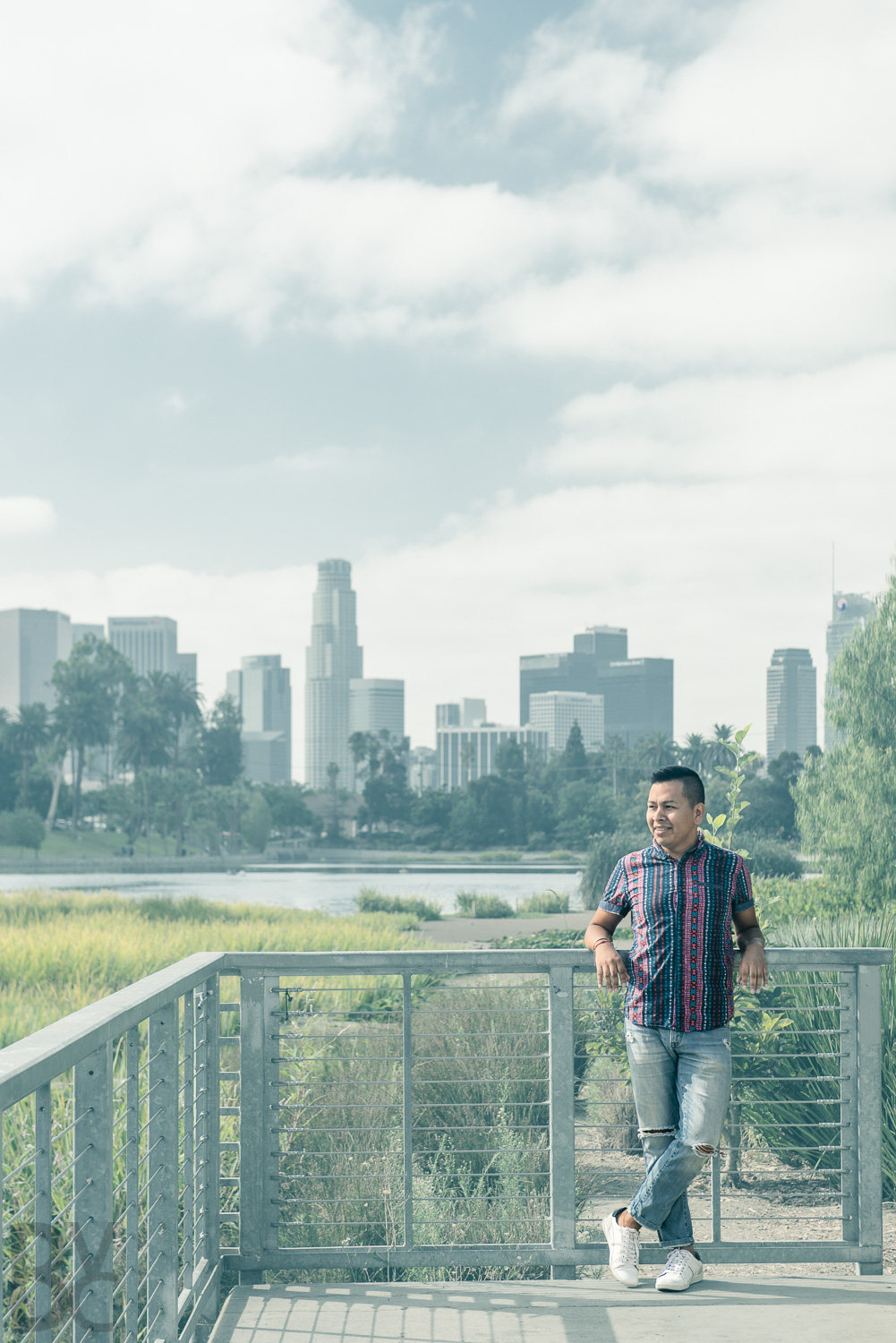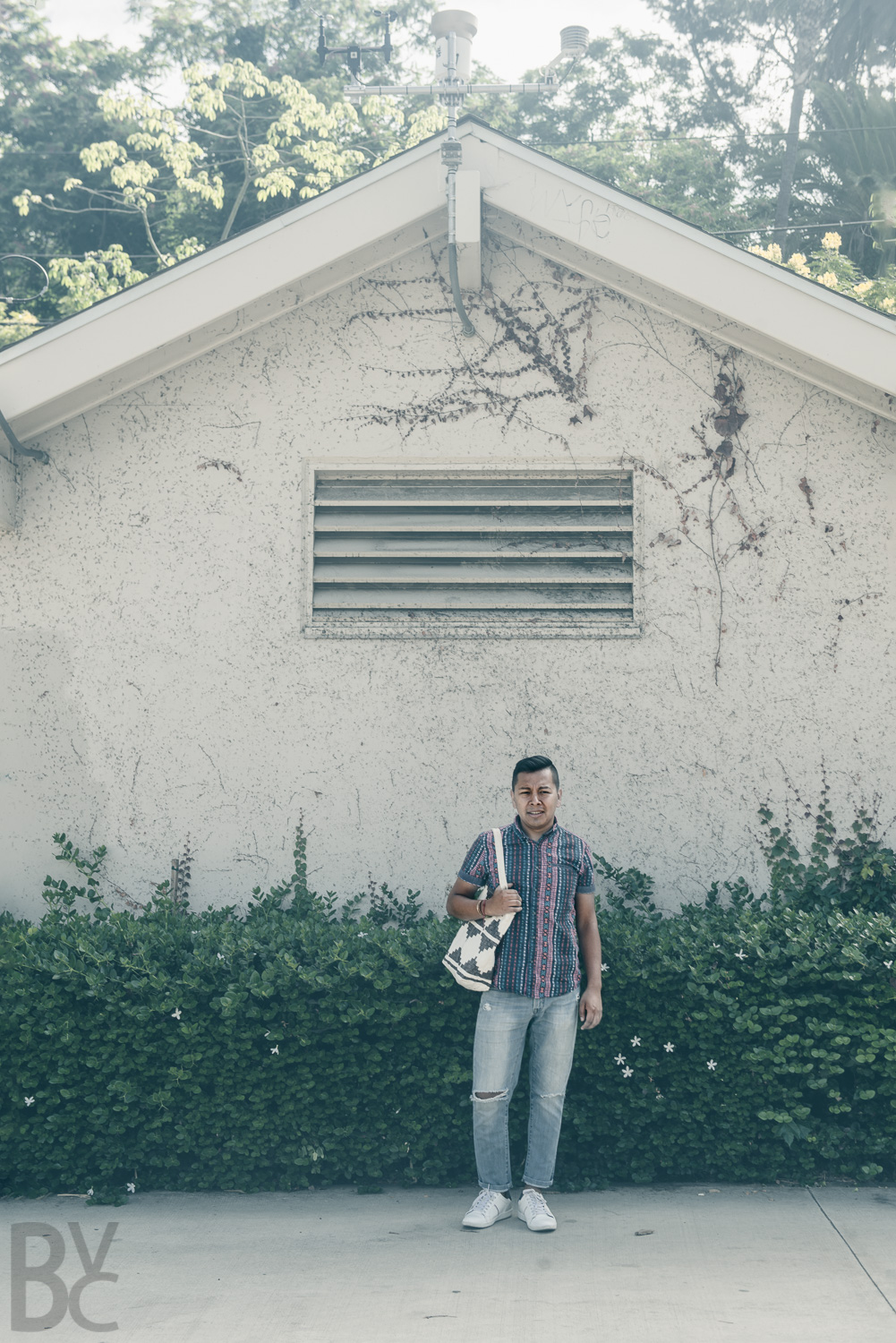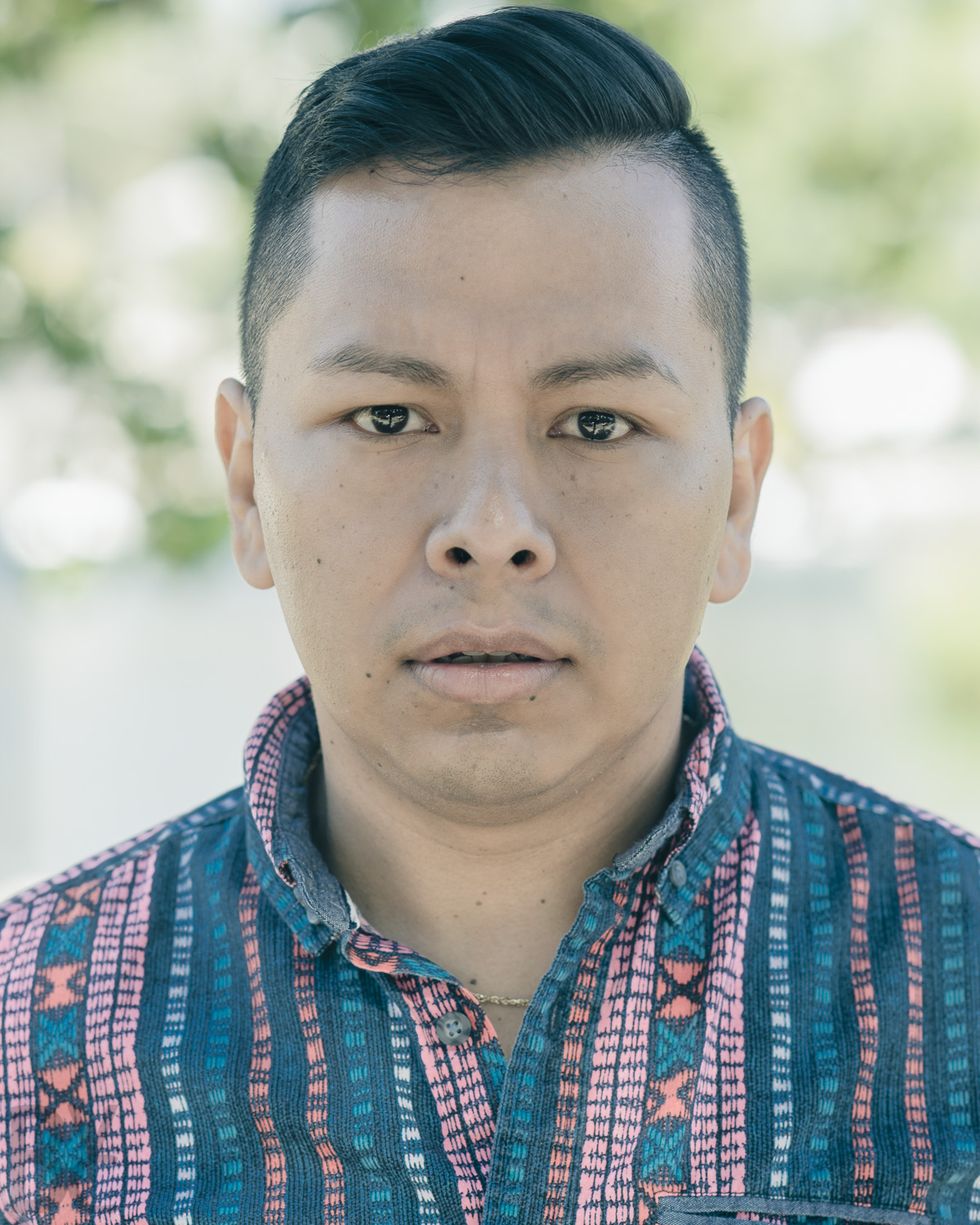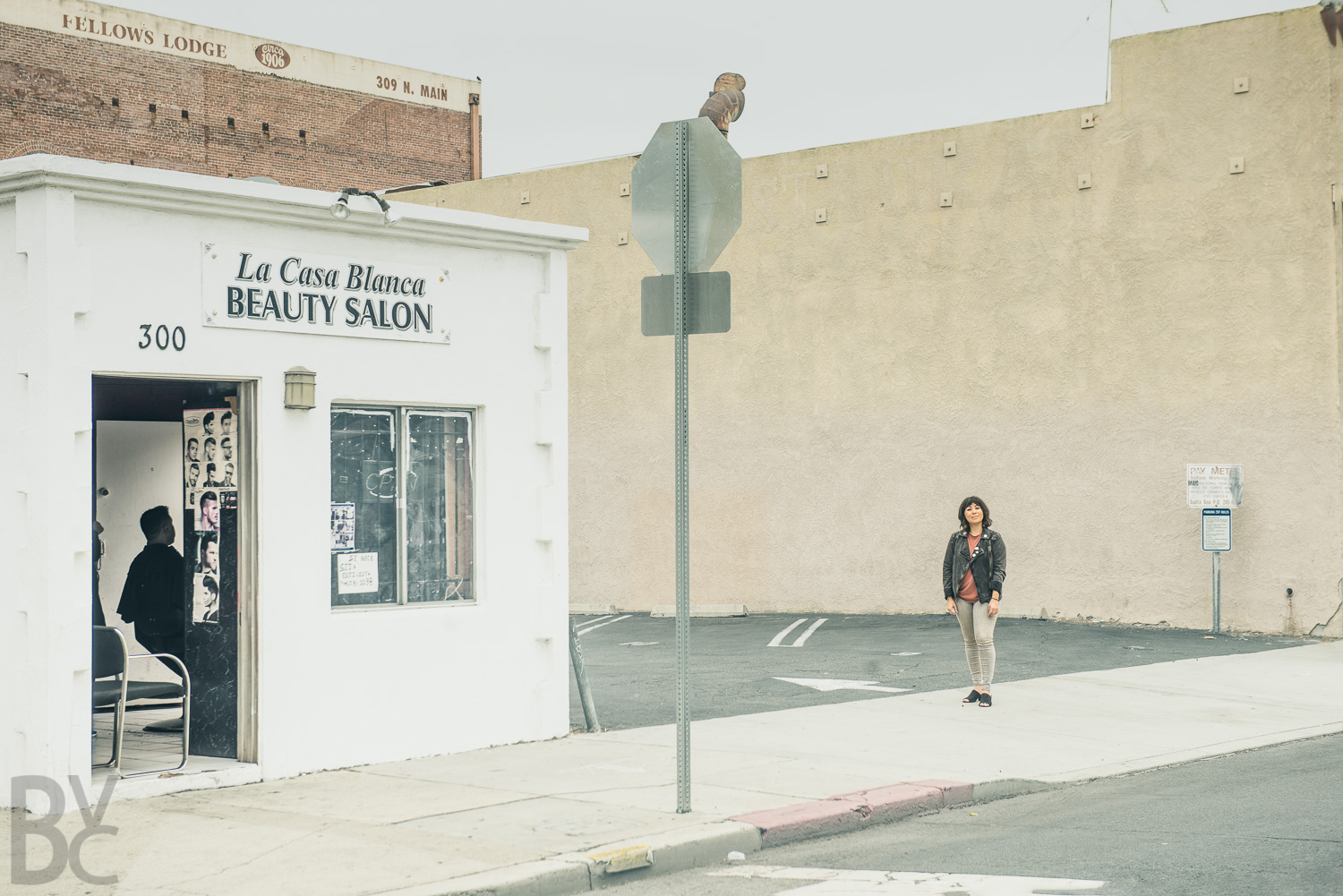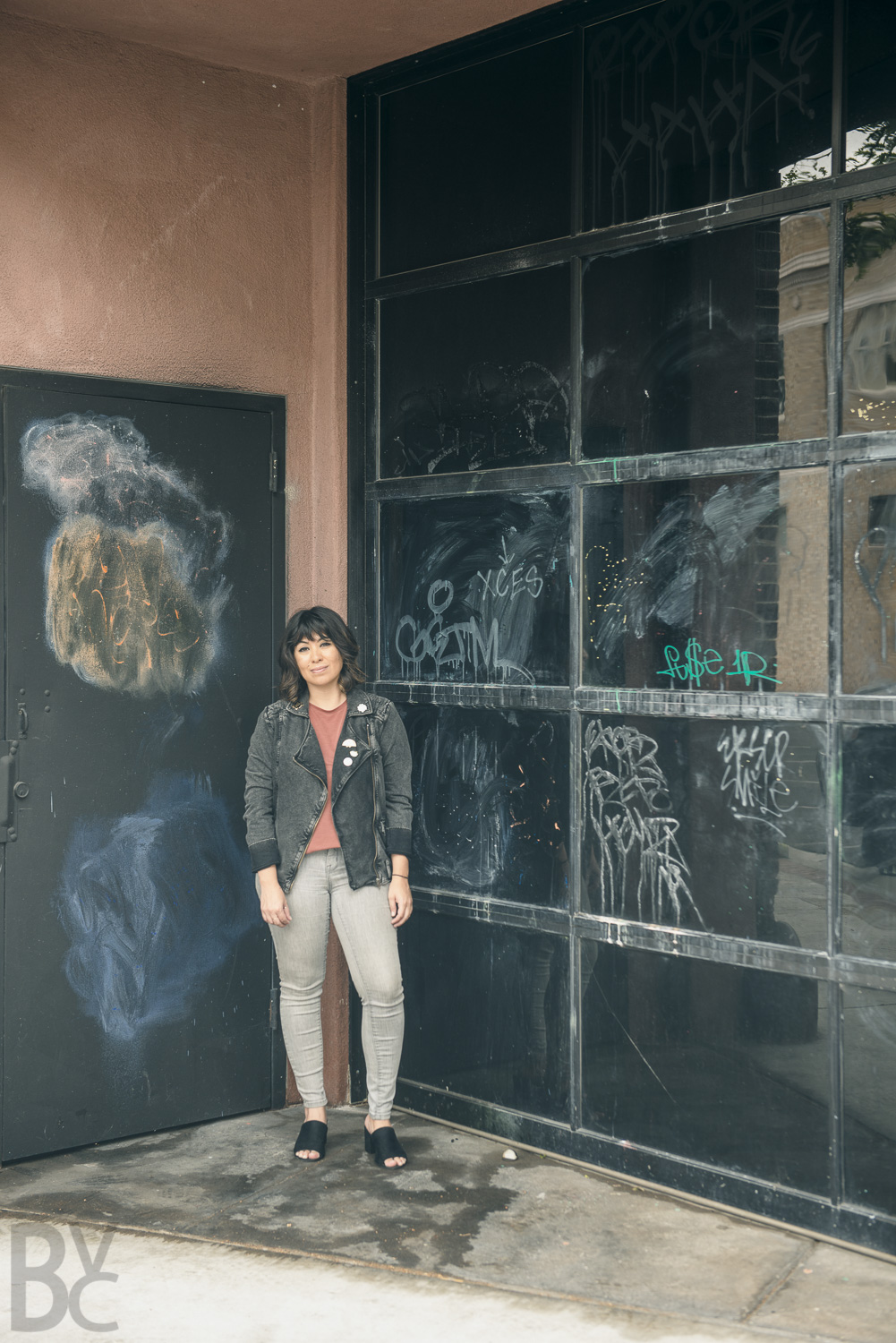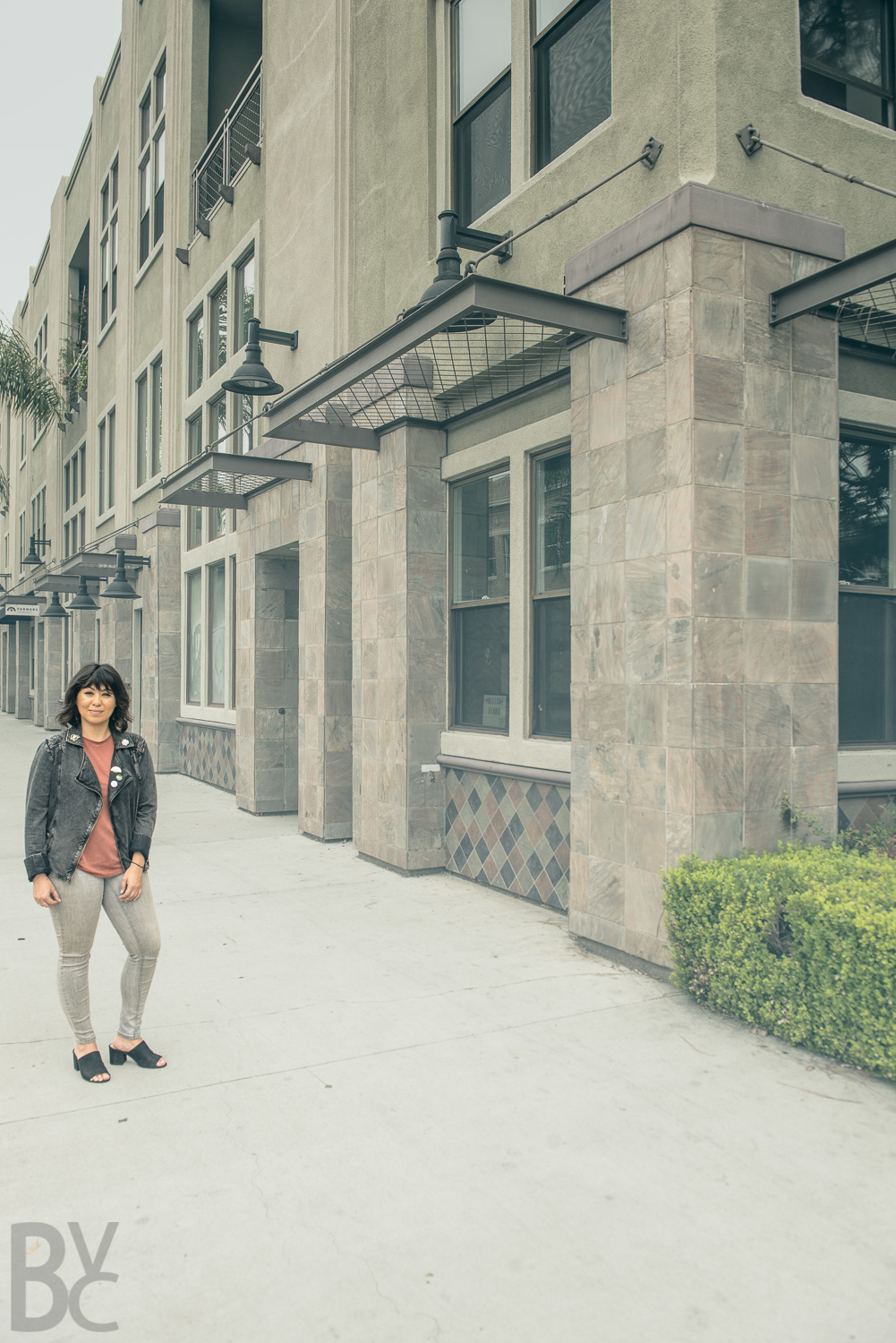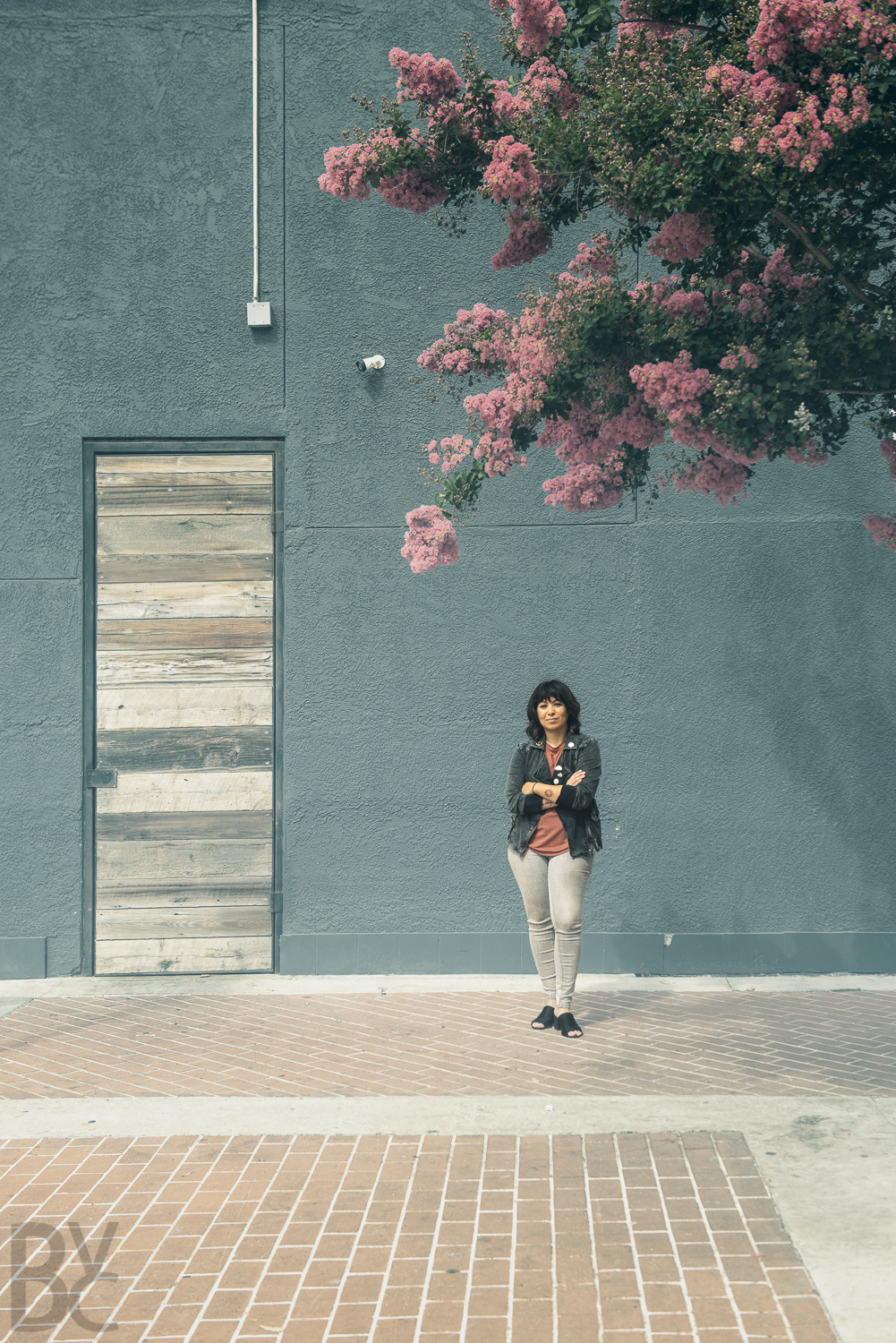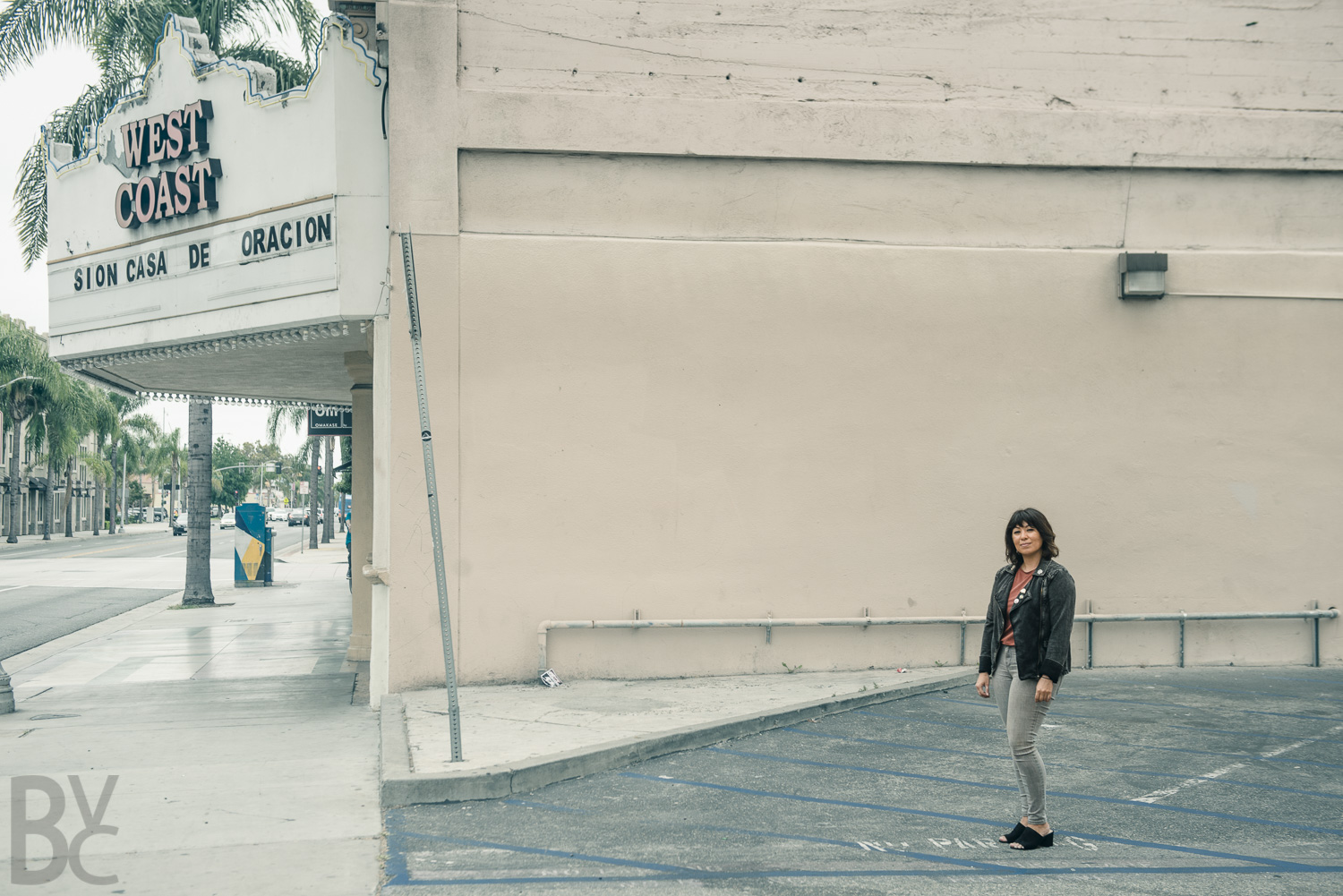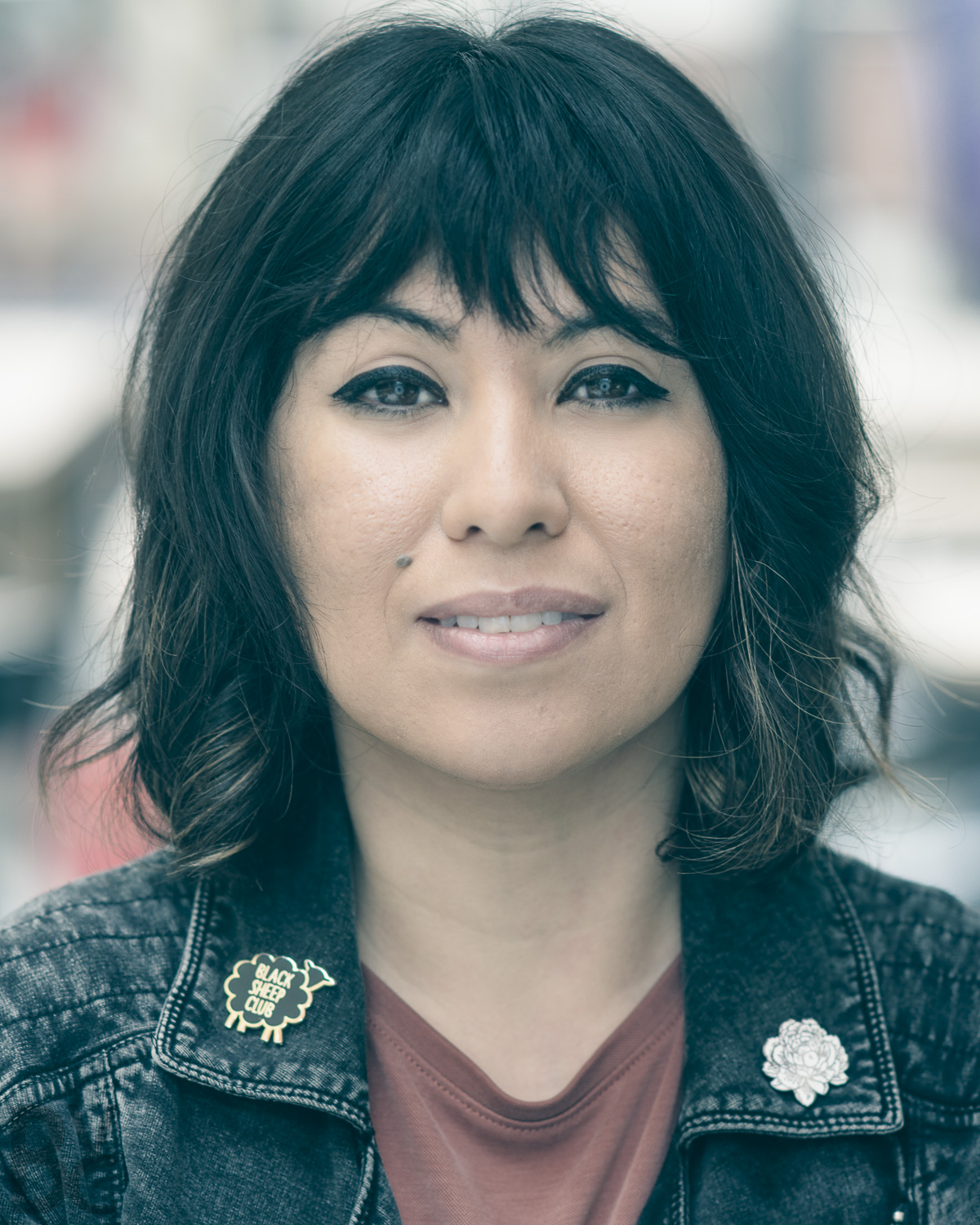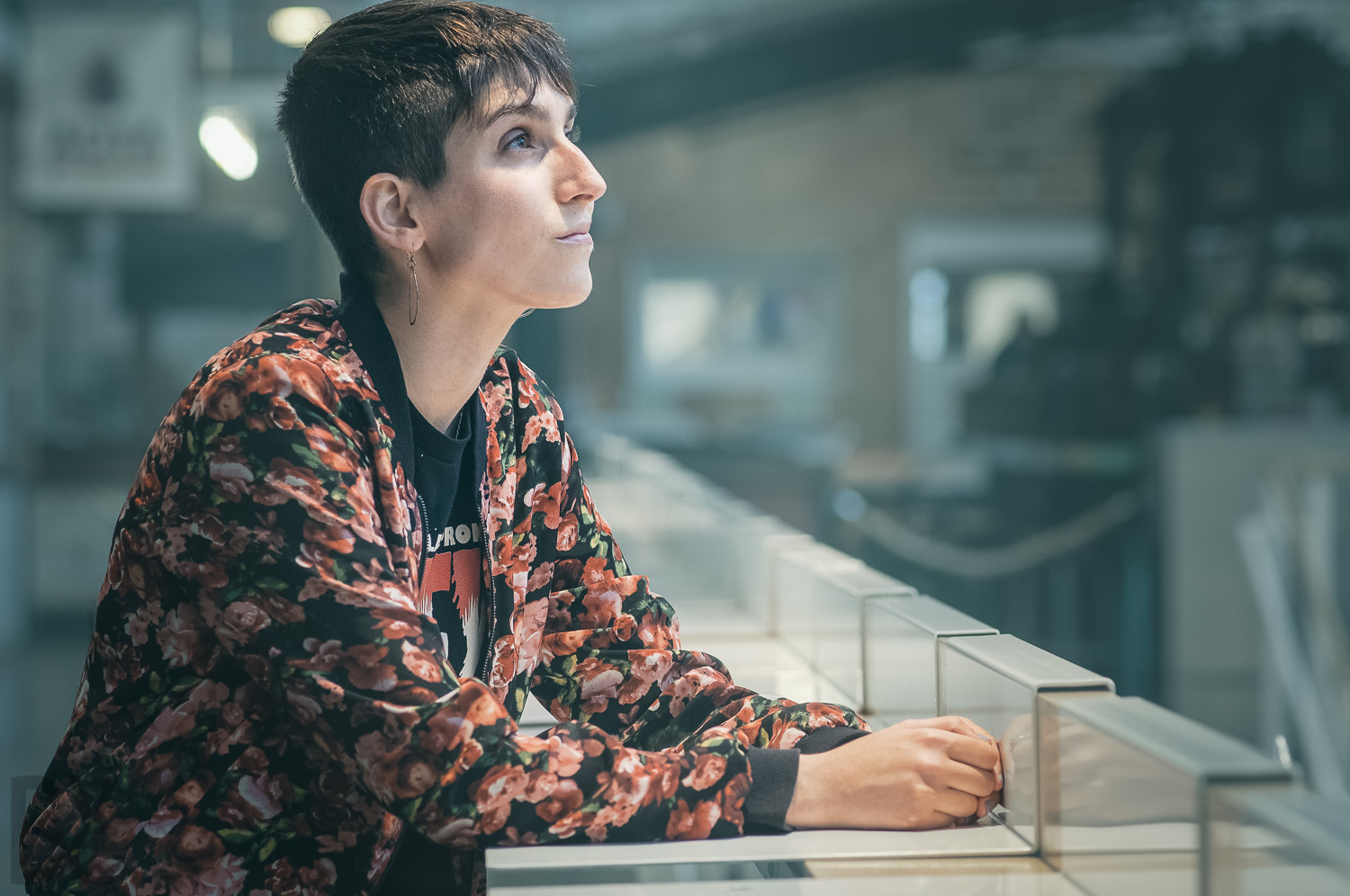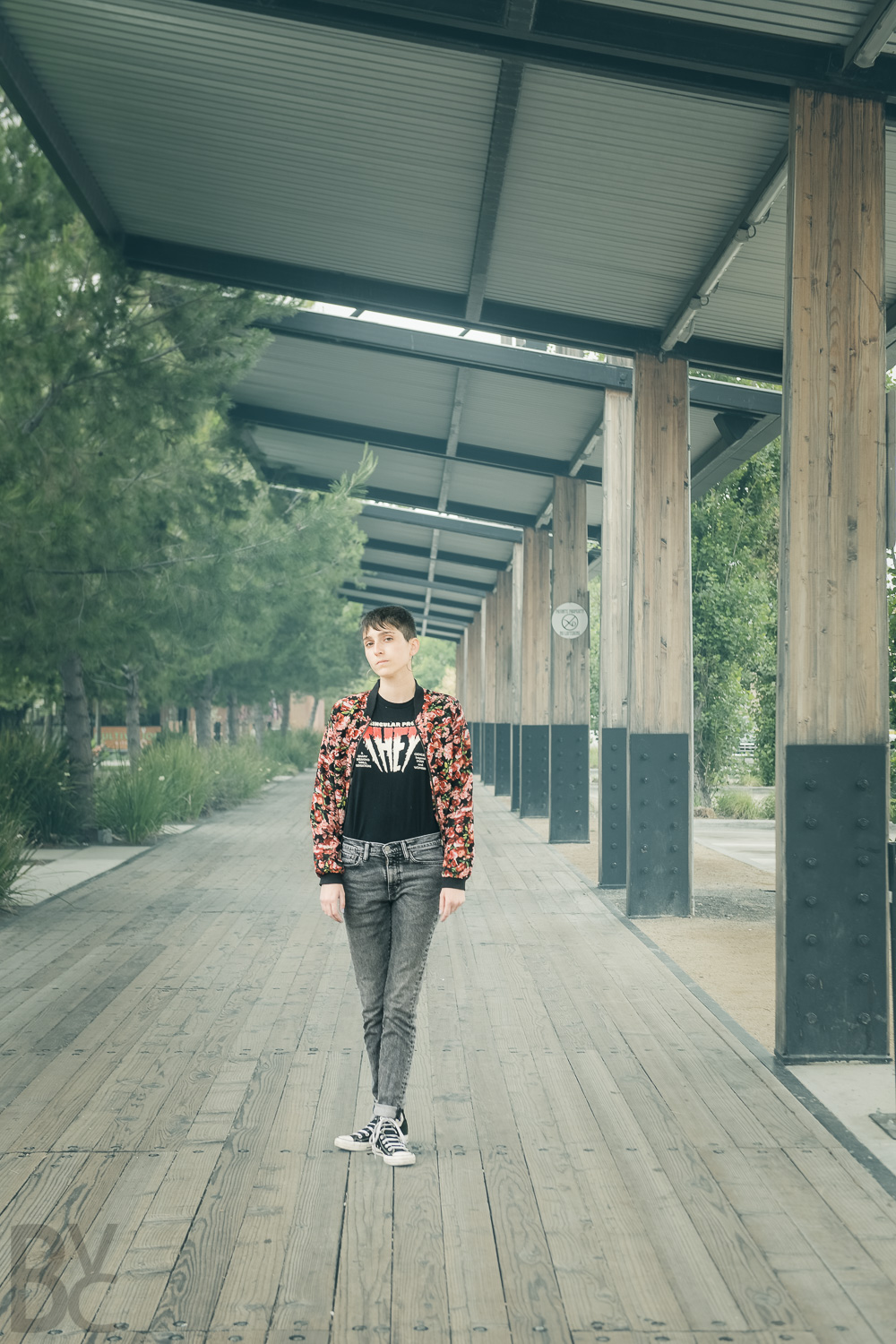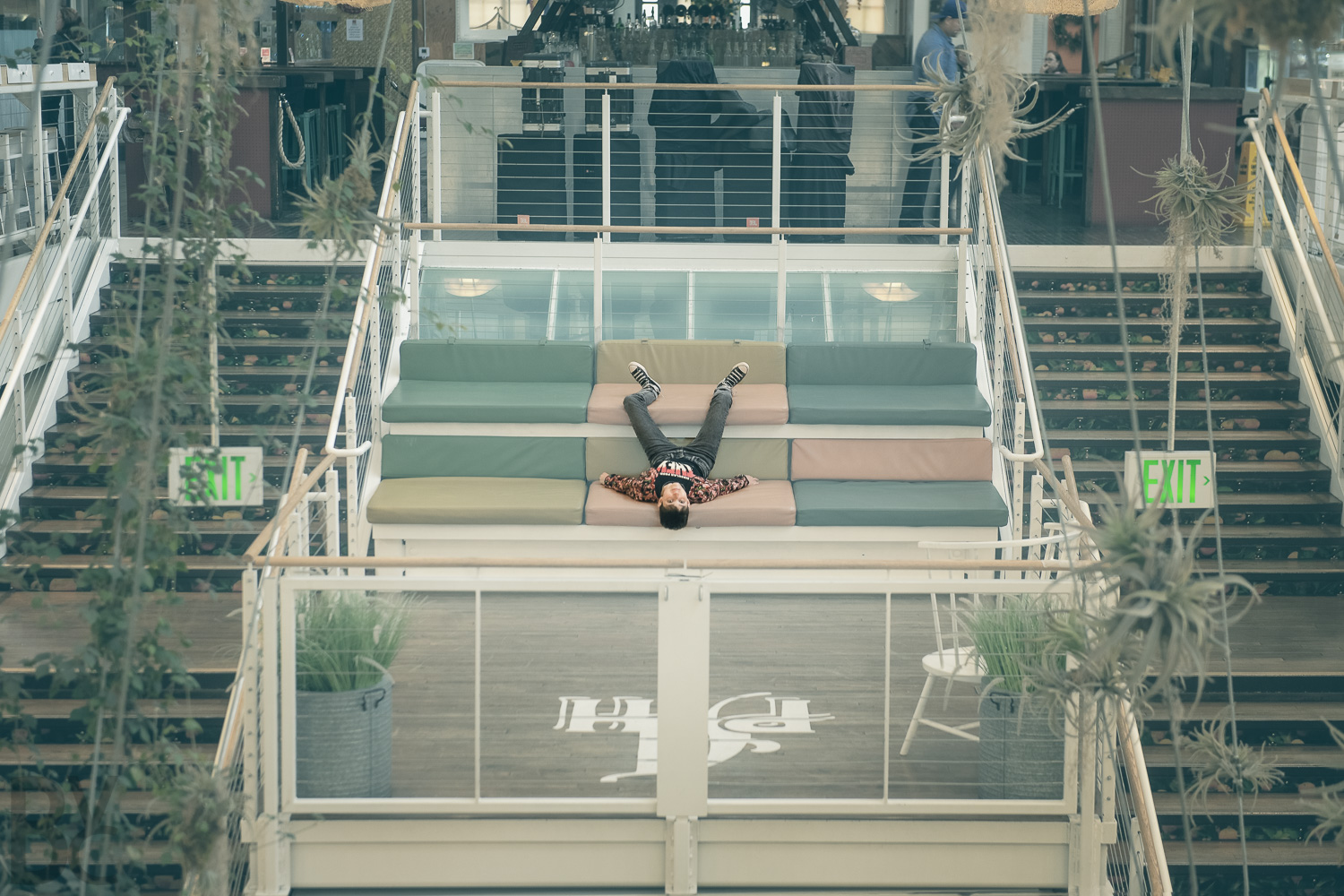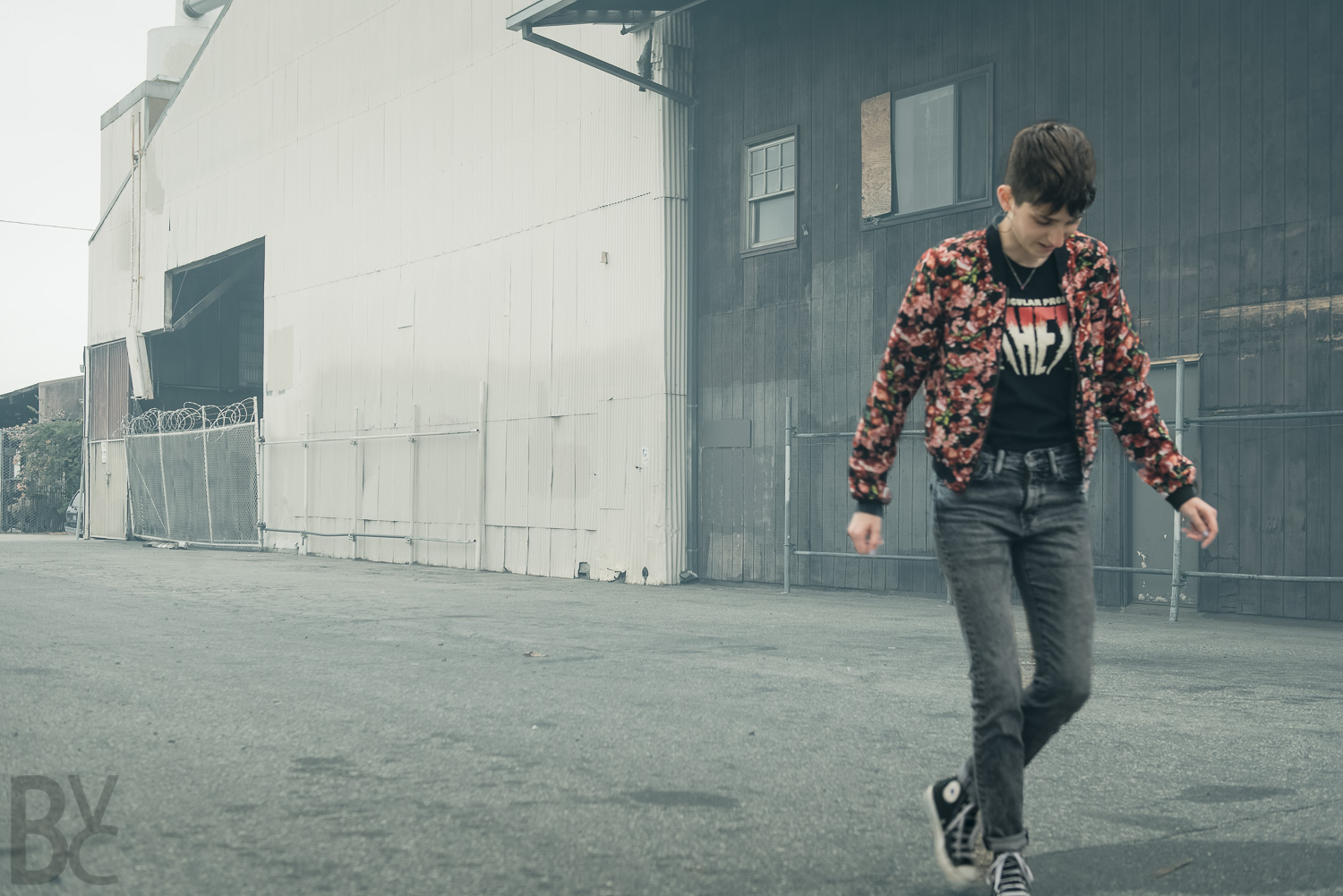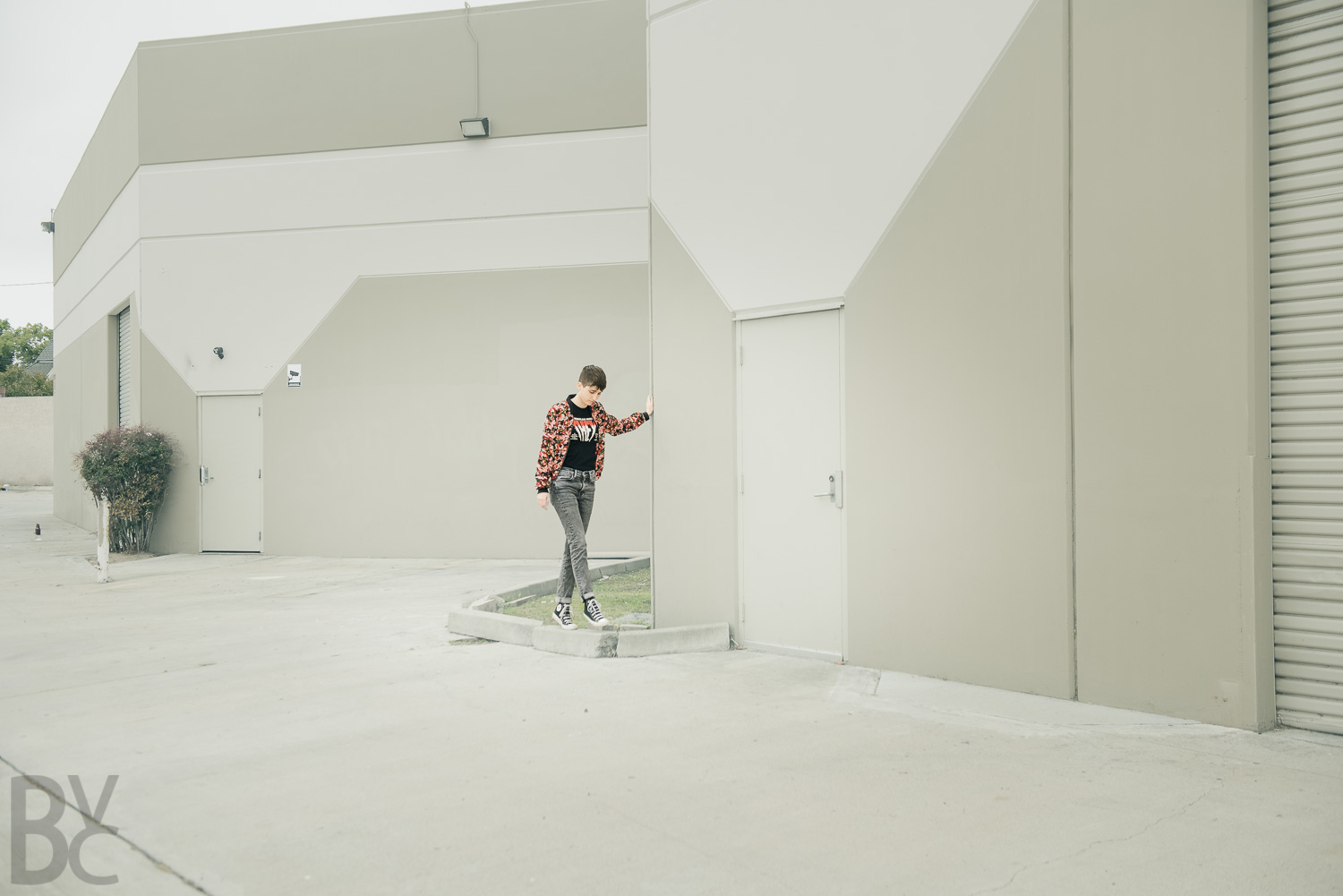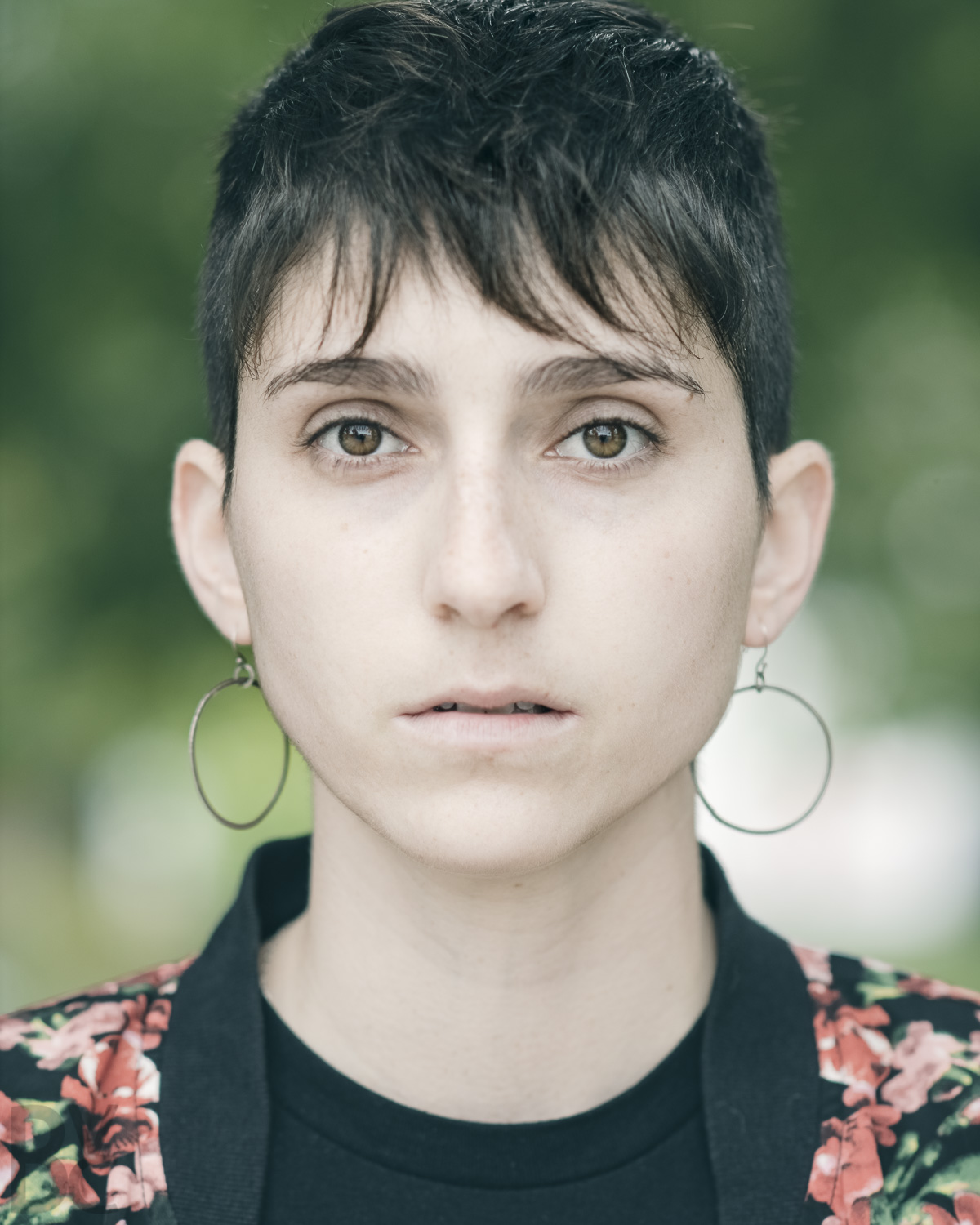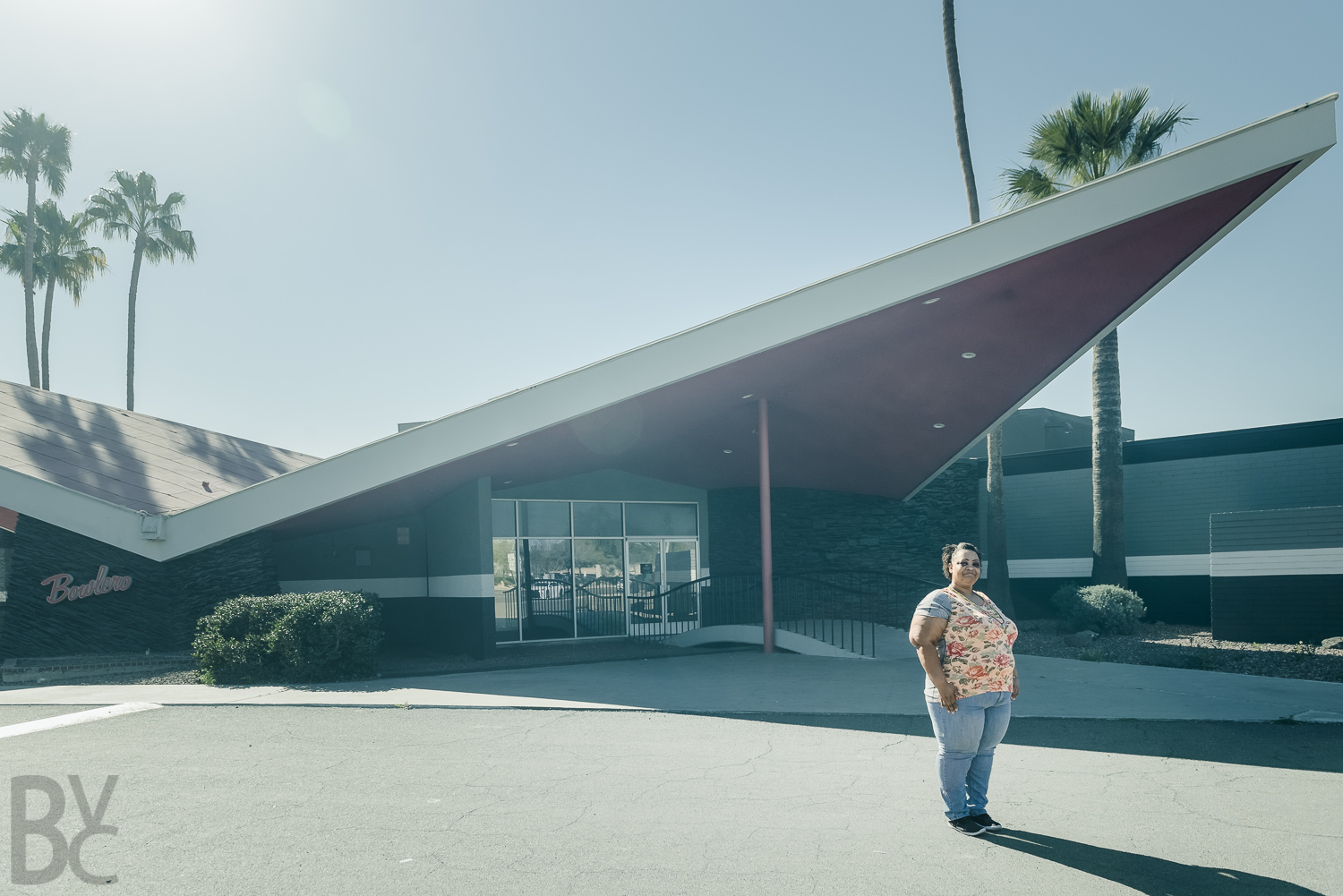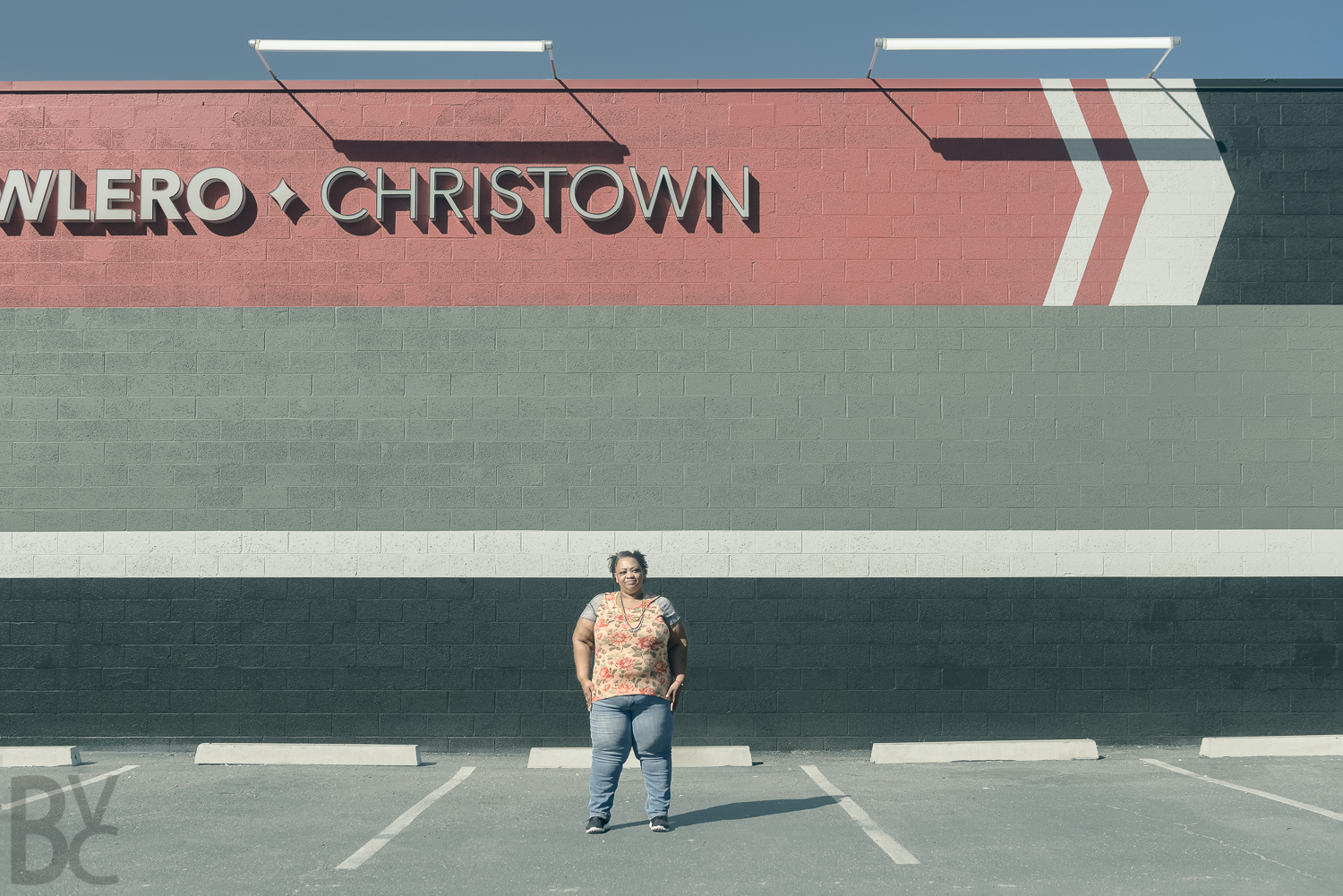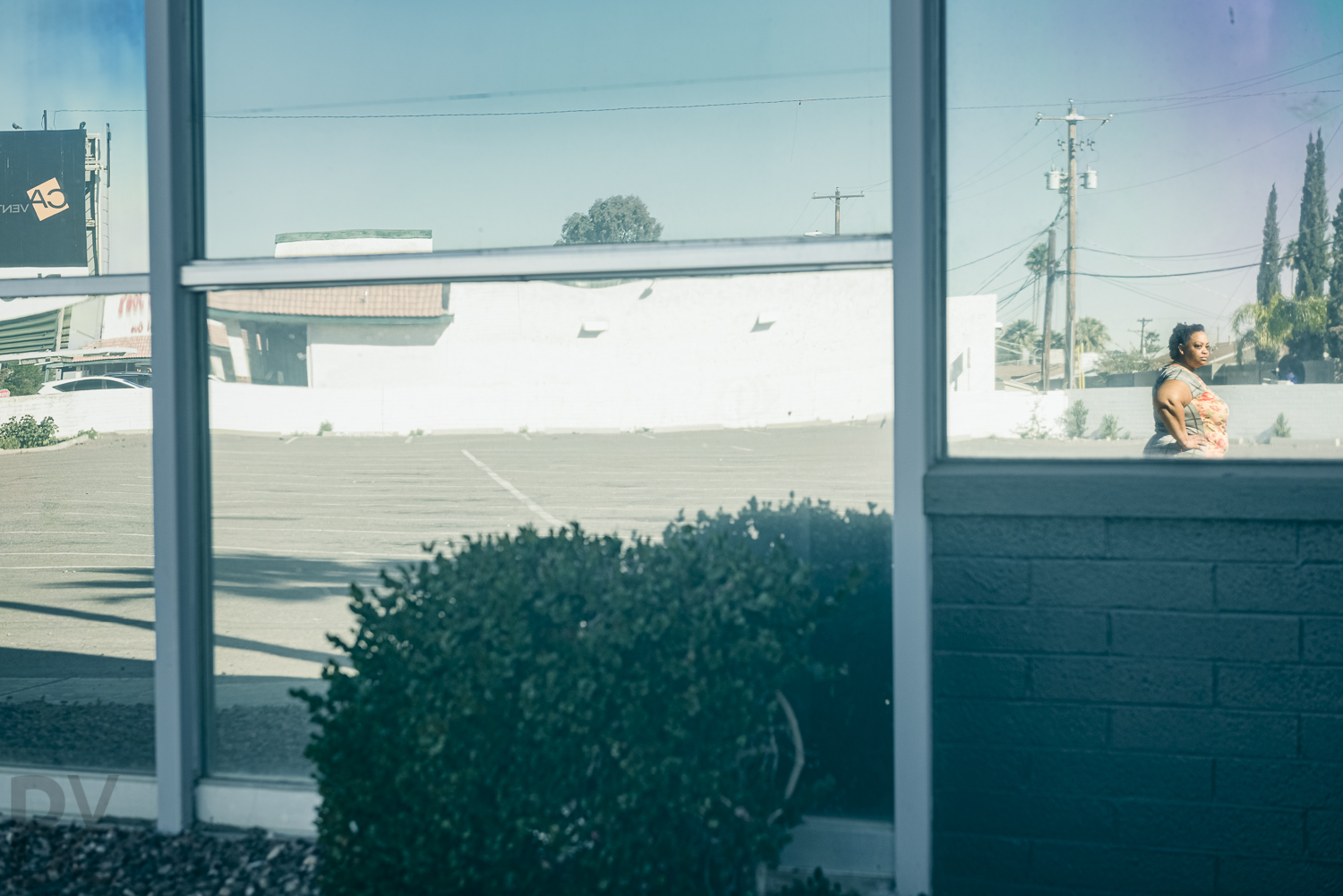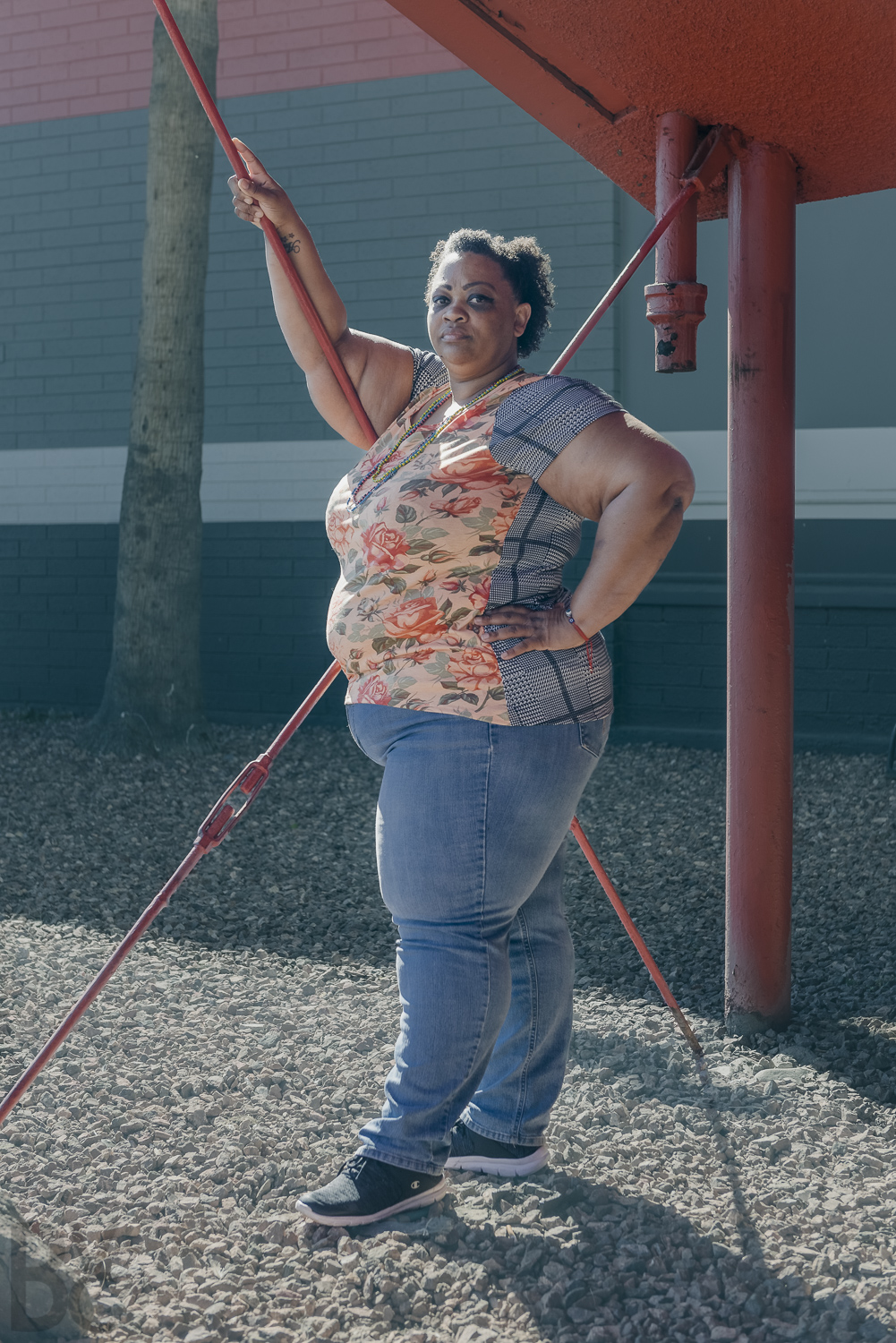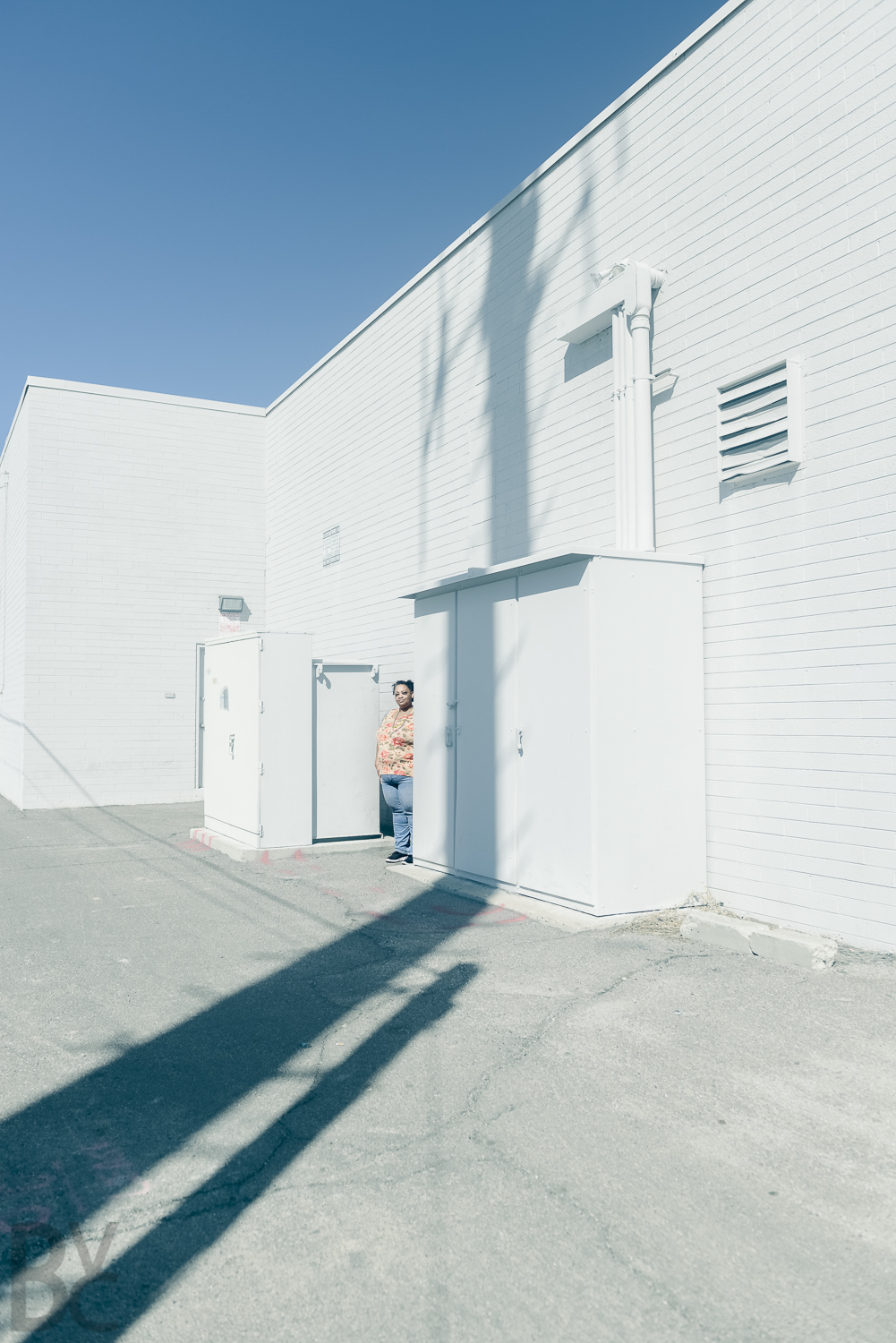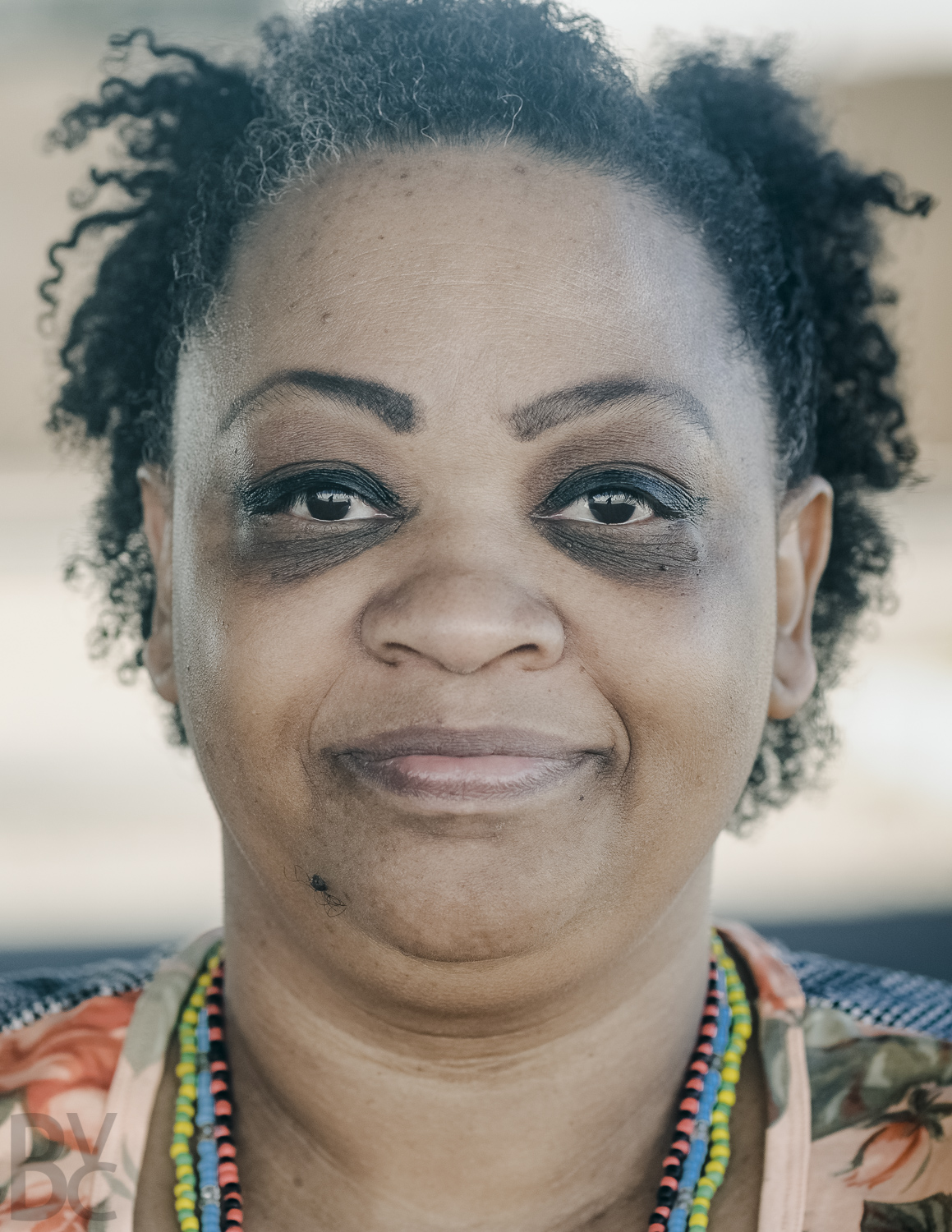Rei Y.
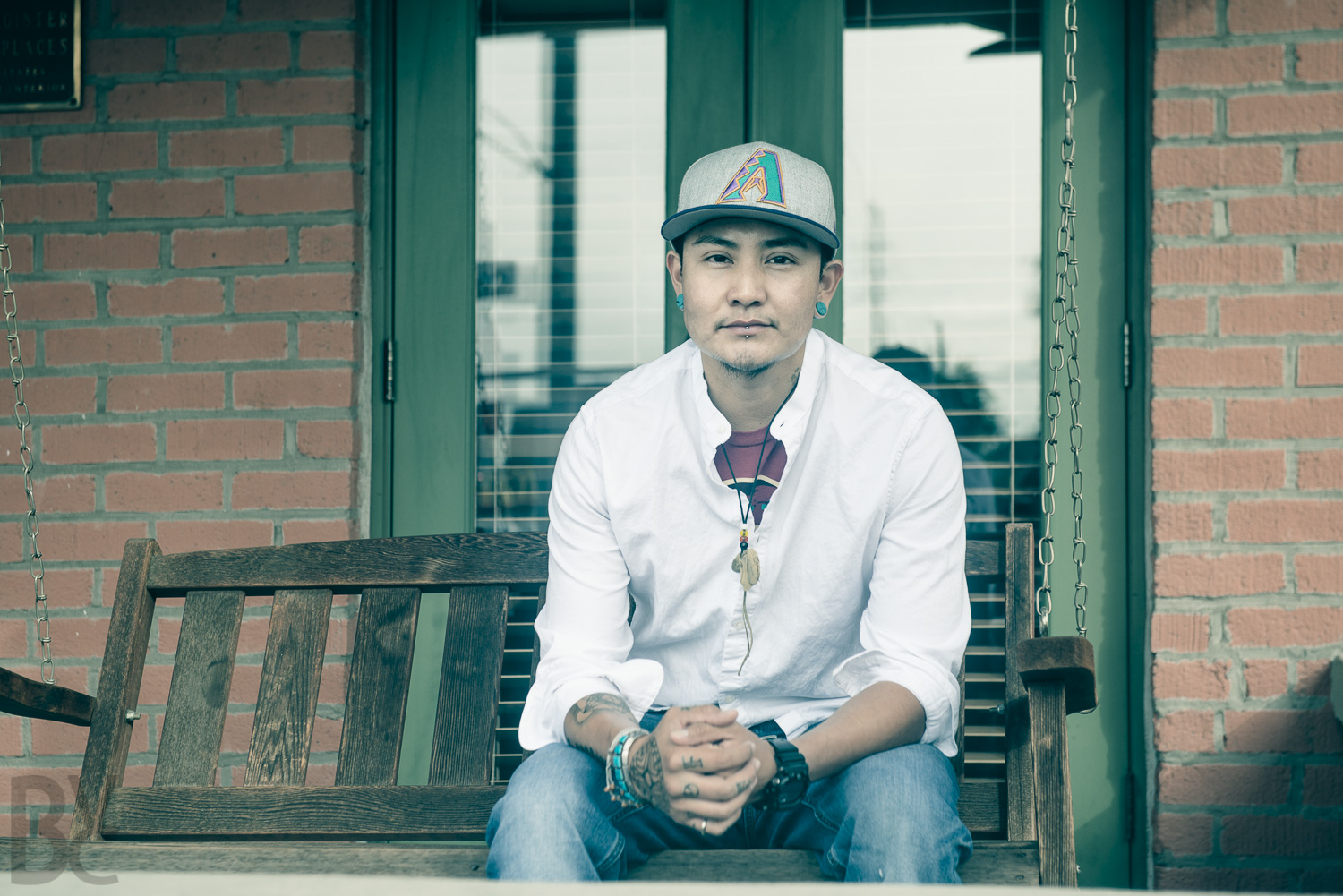
My name is Rei Yazzie and I’m a Diné (Navajo) transman from Chinle, Arizona, located on the Navajo Reservation. I currently reside in Phoenix, Arizona. I started my medical transition in August 2018 and since then it has been an amazing journey, and the love and support of family and friends has been more than I could have imagined. I’ve been working as a personal trainer with EōS Fitness for the past 4 years, and my coworkers and the company, as well as a few clients, have had my back since I started my transition. Outside of the workplace I enjoy spending time with my partner and family, lifting weights, traveling, fishing, being a homebody, and living and learning my traditional ways. On the Reservation the LGBT community was small, with many identifying as gay men and, to a smaller extent, transwomen. There were no transmen visible at that time to whom I could turn for guidance or advice. Today I feel it’s crucial for me to live my most authentic self as a Diné transman, for I am part of my culture and thus part of the traditional creation stories that tell of Nádleeh. By being visible, I feel I’ll be paving the way for those who come later.
Rei Yazzie
Phoenix, AZ
He, Him
